Modern manufacturing, which competes with one another today, strives for maximum production efficiency. Now, one of several technologies transforming this sector is Servo Motor Closed Loop systems. Such systems guarantee accuracy, whether in motion or speed, consequentially boosting production efficiency. Industries relying on closed-loop feedback can, therefore, attain higher accuracy and responsiveness resulting in decreased losses and increased productivity.
Founded in 2009, Chengdu Star Technologies Co., Ltd. is dedicated to developing state-of-the-art solutions that enable our customers to exploit the advantages of automation technology to the fullest. Being an agent for famous brands like SIEMENS, FLENDER, and BONFIGLIOLI made us realize the importance of closed-loop servo systems in modern production. Our extensive portfolio of electromechanical products and systems allows us to customize our solutions to meet individual demands while enabling the customer to take their operational efficiency to the next level.

Benefits of Servo Motor Closed Loop Systems for Production Efficiency
Servo motor closed-loop systems are emerging as a crucial player in modern industrial applications, enhancing production efficiency. These systems guarantee motor position, speed, and torque with a feedback mechanism so that any deviation from perfection will result in minimum performance cut and waste. The recent study reported that in industries using servo motors, productivity increases were recorded to the tune of 30%, making them indispensable for competitive manufacturing. In closed-loop systems, high accuracy and efficiency are of utmost importance. The newly certified Multi-Axis series stepper drivers from Mingzhi, for example, exhibit robust compatibility with several bus technologies such as EtherCAT and PROFINET to satisfy the diverse requirements of manufacturers. This open architecture allows different companies to implement these systems on their vertical framework, thus boosting their operation significantly. Also, hollow cup motors---dubbed the "crown jewel" of the motor industry---epitomize the advanced technology that backs-up servo systems. A report by Huachuang Securities describes hollow cup motors as compact with excellent performance measures, allowing for innovative applications in robotics and automation. Nowadays, with increasing numbers of industries taking up smart manufacturing solutions, invoking the deployment of servo motor closed-loop systems becomes a paradigm shift towards enhanced efficiency and economic growth.

Key Components of Servo Motor Closed Loop Control Systems
Servo motor closed loop control systems will go a long way in promoting the efficiency of the manufacturing process. Such systems include the servo motors with encoders and controllers that work together to provide precise positioning and speed control. Closed loop systems have the added benefit of being able to constantly monitor and adjust the operation based on real-time feedback-the best and greatest performance as well as energy savings features.
The servo motor has high-resolution encoders which help measure even the minutest change in position and direction of the servo motor to make quick corrections during motion. This very precise motion control works out well for aerospace manufacturing and automation processes because minute deviations can lead to productivity losses or costly errors. Advanced controllers complete these tasks by processing the feedback and providing instantaneous corrections to enable smoother movement and lower wear on machinery in use.
Most importantly, the application of servo motor closed loop systems is in line with the recent trend in the market in favor of energy-efficient technologies. Stricter emission standards were followed worldwide by industries to lower their operational costs, causing an increase in demand for such systems. Predictions say that the servo motor market will grow tremendously, hence using it is not only advantageous but indispensable for thriving in a competitive and demanding future.

Understanding Feedback Mechanisms in Servo Motor Operations
With servomotor operations, it is the understanding of feedback mechanisms that serve to optimize production systems. Feedback loops are at the essence of closed-loop servo systems, where the actual position of a motor is constantly compared to the desired one. With real-time processing of feedback data, instantaneous adjustments are possible and improve accuracy and efficiency. As per a 2022 report by the International Society of Automation, closed-loop systems can uplift operational efficiency by 25%, thus stressing the importance of feedback mechanisms in contemporary manufacturing.
Sensors are the primary means of feedback mechanisms in the measurement of parameters such as position, speed, and torque. The signals from these sensors are sent to a controller, which compares the data against pre-established thresholds and makes the necessary corrections. Over time, advanced systems can optimize these processes through machine learning. An industry report released by Grand View Research has recently stated that the servo motor systems market is expected to reach $12 billion by 2026, largely spurred on by the advancement of feedback technologies.
The incorporation of artificial intelligence and machine learning into servo systems will improve feedback mechanisms for predictive maintenance and rapid responses. A report published by McKinsey shows that applying intelligent feedback systems can lead to up to a 30% reduction in downtime, showcasing the extensive benefits to industries adopting these technologies. The continuous transformation of manufacturing will always keep improving the feedback mechanisms in servomotor operations as a basis for enhanced production efficiency.

Strategies for Integrating Closed Loop Systems into Existing Production Lines
Closed-loop servo motor systems can effectively improve your production operations and product quality in an existing production line. The first step in this process is to assess your production setup completely to identify areas where closed-loop systems can be the most beneficial, especially on a specific task where high-precision and high-speed performance is needed. This can mean a lot of things from robotic assembly to material handling. In doing so, you can prioritize those critical applications at first to implement systems.
Once you have identified the critical spots, however, you need to check whether these new closed-loop systems will work well with your existing equipment. You will find that many modern servo motors have easily adaptable interfaces that will speak to even very old machines. Alternatively, a retrofit specialist technology supplier can smooth the transition. Train your workforce because the new systems have to be handled by them; an informed team can perform optimally and troubleshoot any problems that arise during the transition period.
Real-time monitoring and data analytics can further advance production lines. Closed-loop systems come fitted with some advanced sensors to collect valuable performance metrics data for constant adjustments of parameters in order to improve efficiency. Analysis on the data helps manufacturers discover trends, predict maintenance requirements, and sustain continuous improvement. Such advancement technologies have made processes not only efficient but also prepared the groundwork for future innovations in automated production lines.
Comparative Analysis: Open Loop vs. Closed Loop Control Systems
Control systems are the vital link in industrial automation that decides efficiency and accuracy of production. Open loop systems and closed loop control systems can be differentiated based simply on their feedback mechanisms. Open loop systems work without feedback executing commands based on the knowledge of certain predefined inputs. Such simplicity qualifies them for rather simple applications, where the dynamics of the process are well understood, and minor variations in the output would not matter. Absence of feedback implies any disturbance or change introduced into the system would not be compensated; this often leads to inefficiencies or errors.
On the contrary, closed-loop control systems utilize feedback to continually tune and enhance performance. By comparing the output with the desired set point and measuring output, they rectify deviations in real time. This dynamic response is particularly useful for applications such as servo motor systems where precise positioning and speed control are necessary. The increased adaptability of closed-loop systems allows closed-loop systems to work efficiently under varying loads or environmental conditions. Thus, closed-loop control has been embraced by industries keen to increase productivity and is considered vastly more efficient and accurate.
Ultimately, the decision of whether to adopt an open or closed-loop system will rest on the criteria imposed by the application concerned. Open loop systems may suffice for relatively simple processes, but any application requiring precision and reliability would demand advanced feedback capabilities, thus leading to a much greater consideration of closed-loop design. Such comparisons argue for the pivotal role of these systems in today's manufacturing and further the drive for operational excellence.
Common Challenges in Implementing Servo Motor Technology
However, the use of servo motors in production systems can improve productivity and accuracy and face many challenges in their adoption. A recent survey report from the International Society of Automation noted that nearly 30% of organizations were finding it difficult to integrate servo systems in the existing systems because the older machines did not always match it. These compatibility difficulties often involve additional expenses and longer downtimes at the during the conversion period.
Tuning and programming servo systems are other typical complications. Data released by the Motion Control Association showed that over 40% of engineers hit a wall when faced with the need to optimize their control parameters, which directly renders their performance below standards in reaching the real benefits of servo motors. In addition, lack of well-trained personnel familiar with advanced servo technologies is another slow adoption rate as many organizations are not equipped to train adequately to their personnel.
Moreover, maintenance and troubleshooting of servo motors are not straightforward. According to the American Society of Mechanical Engineers, companies have what will be described as "premature loss of operational efficiency" in case no thorough understanding or maintenance measures are put in place. Hence, in these circumstances, organizations should initiate proper training, early compatibility assessments, and the formation of specialized teams to manage these sophisticated systems.
Real-World Applications of Servo Motor Closed Loop Systems
In the past years, a shift in the industry's trend towards implementing servo motor closed loop systems for performance enhancement in production environments with production scalability and accuracy has taken most sectors into adoption. An integrated research report from Debon Securities states that as of September 2018, performance downstream among the automotive and consumer electronic entities has noticeably improved, which would drive the trend for servo, as the entire system consists of servo motors and drivers to effectively measure and regulate movement feedback control.
These systems are being applied in practice directly in humanoid robotics where their increasing number of parts actuated by joints is going to make conventional motor-control chip design quite tricky. Underlining the idea that smaller miniature motors are much needed in humanoid robots, Dr. Bi Chao stated that it is mostly changing towards a step-up in the servo systems in bigger scales during the 2024 Global CEO Summit held a week ago. As "航星传动" garners stupendous investments to push up the development in intelligent mechatronic servo systems, the speed at which this sector evolves becomes evident in the critical role to be played by this technology in smart manufacturing.
The servo system market in China has proven buoyant and effervescent in terms of growth tendencies and competition among industries, as indicated by recent reports from Tencent News. All these newly developed markets, however, are accompanied by a good and extensive coverage of servo systems in terms of history, current status, and its future vision. Closed loop systems would enhance operations as well as improve product quality for any industry that employs them, making servo motors essential near horizons in the current drive for smarter manufacturing solutions.
Future Trends in Servo Motor Technology for Enhanced Productivity
The servo motor technology is on the verge of transformational advances that will boost productivity in various industries. This trend indicates that more emphasis is being given to closed-loop systems, which enable feedback to optimize control efficiency and precision. Such systems are critical when it comes to smart automation, in particular, the rapidly growing fields of humanoid robotics and intelligent manufacturing processes. As per various reports, the global servo motors market is predicted to be around $14 billion by 2027 due to the demand for high-performance robotics in automotive, electronics, and allied sectors.
A clear application example of these servo motor closed-loop systems is humanoid robotics, which are increasingly taking on jobs that demand flexibility and adaptability. Recent innovations highlighted in tech expos show the capability of these robots not only to accomplish complex functions but also to engage subconsciously with human operators. Such adaptability is vital in increasing the efficiency of assembly lines and logistics where accuracy and speed are everything. Predictions indicate that integrating advanced servo motor technology could lead to an increase in production efficiency by about 20-30% in 1-2 years.
Also, as the industry trends toward more sophisticated automation, the importance of real-time data processing and analytics cannot be emphasized enough. Closed-loop systems allow for monitoring and alteration of motor performance in real-time, lowering downtime, and maximizing output. According to reports, manufacturers that are already using these technologies are achieving significant gains in production quality and operational consistency. The future of servo motor development converges an unlimited capacity for increased productivity and efficiency in manufacturing.
FAQS
Servo motor closed-loop systems enhance production efficiency by providing precise control of motor positions, speeds, and torque, resulting in optimal performance and minimal wastage, leading to productivity gains of up to 30%.
Closed-loop systems operate with high accuracy by utilizing feedback mechanisms, which optimize control efficiency and allow for seamless integration into existing frameworks, significantly enhancing operational capabilities.
Hollow cup motors are compact and offer impressive performance metrics, making them integral to advanced servo systems used in applications like robotics and automation, thereby driving innovation.
Future trends indicate a growing emphasis on closed-loop systems that drive smart automation, particularly in humanoid robotics and intelligent manufacturing, with the global servo motor market expected to reach approximately $14 billion by 2027.
Humanoid robots utilize closed-loop systems for tasks that require flexibility and adaptability, enhancing efficiency in assembly lines and logistics, with capabilities for complex functions and interaction with human operators.
Real-time data processing in closed-loop systems enables continuous monitoring and adjustment of motor performance, minimizing downtime and maximizing output, which leads to substantial gains in production quality and operational consistency.
Integrating advanced servo motor technology can lead to a 20-30% increase in production efficiency within the next few years as industries adopt more sophisticated automation solutions.
They are essential because they optimize control and improve efficiency, making manufacturers more competitive in a rapidly evolving industrial landscape that demands higher performance and precision.
The compatibility of stepper drivers with multiple bus technologies like EtherCAT and PROFINET allows manufacturers to integrate these systems easily, enhancing their operational capabilities and flexibility.
The adoption of these systems is a transformative strategy that can drive economic growth by improving efficiency, productivity, and overall quality in manufacturing processes.

Home
Products
SIEMENS Gearmotor
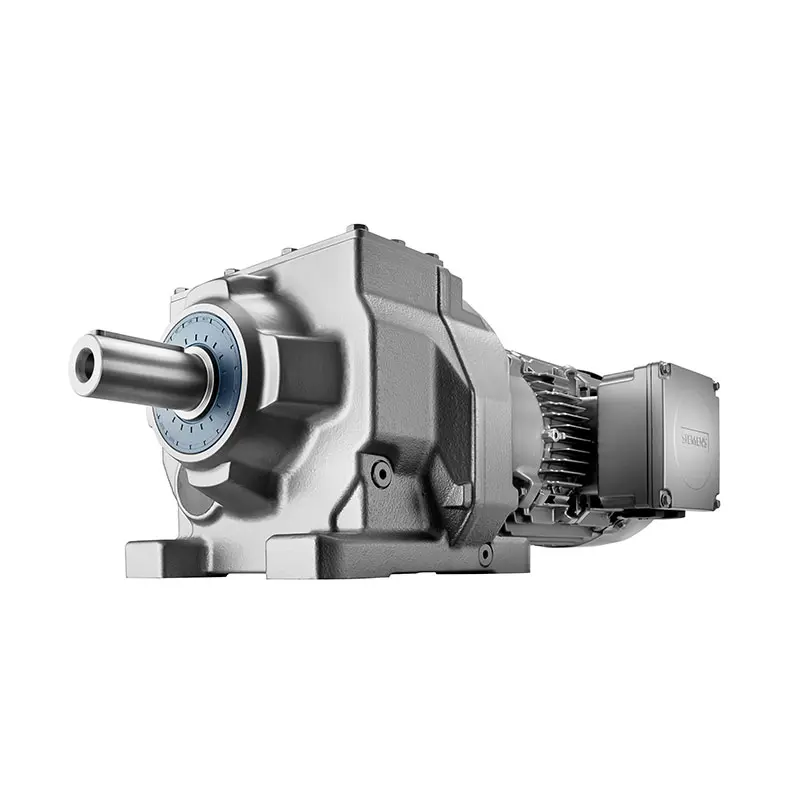 SIEMENS Helical Gearmotor Low Voltage
SIEMENS Helical Gearmotor Low Voltage 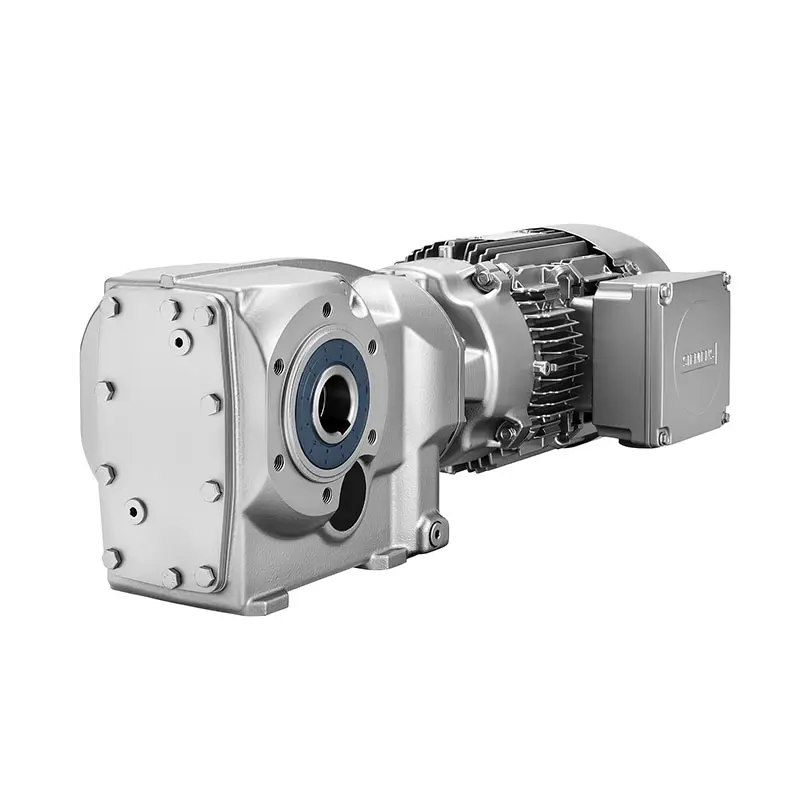 SIEMENS Bevel Helical Gearmotor
SIEMENS Bevel Helical Gearmotor 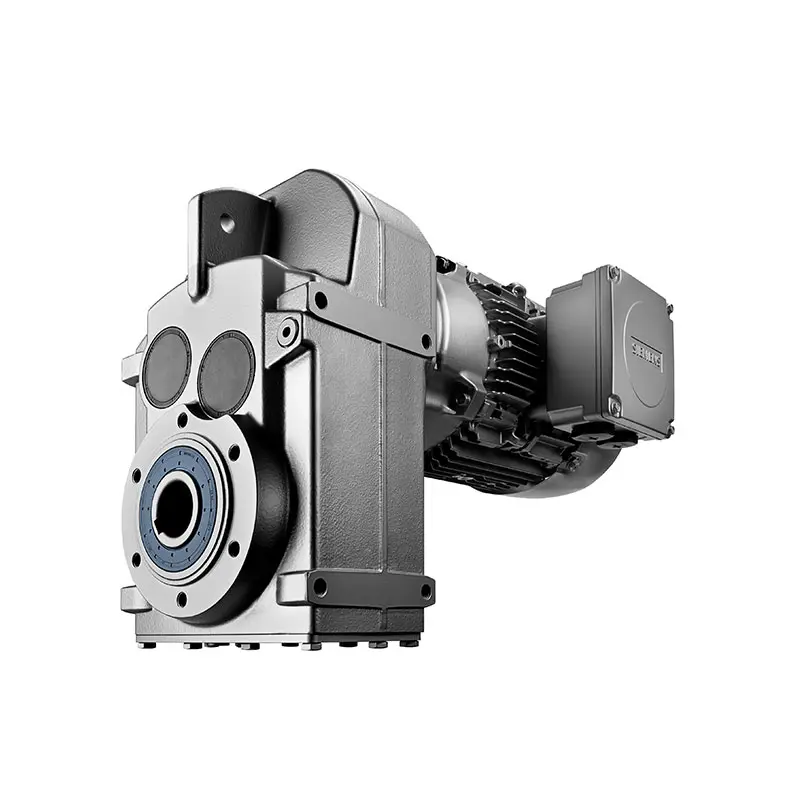 SIEMENS Parallel Shaft Gearmotor
SIEMENS Parallel Shaft Gearmotor 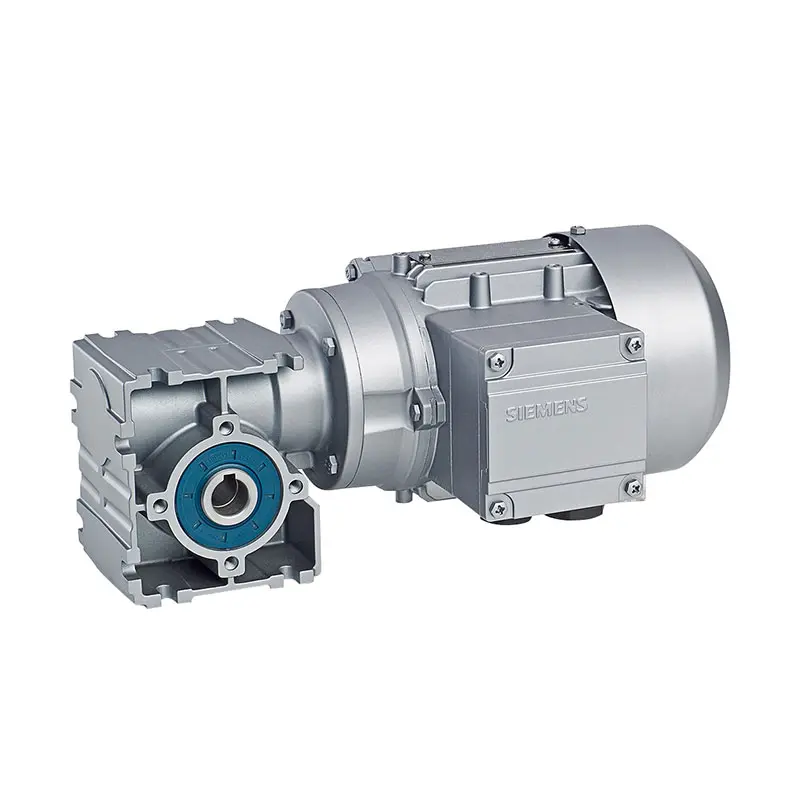 SIEMENS Worm Gearmotor Low Voltage
SIEMENS Worm Gearmotor Low Voltage 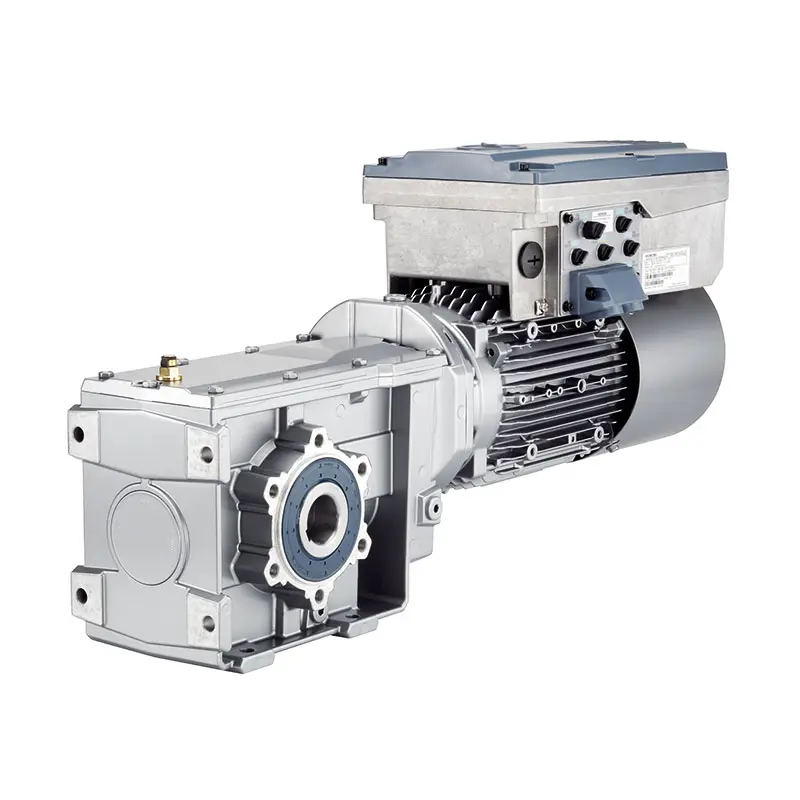 SIEMENS With Servo Motor Gearmotor
SIEMENS With Servo Motor Gearmotor 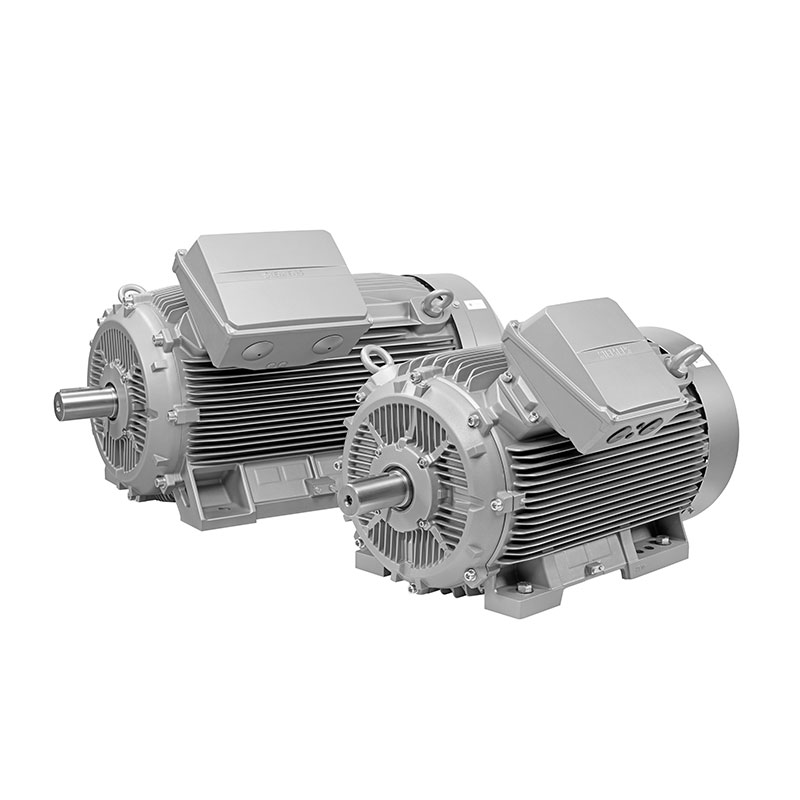 SIEMENS Low Voltage Motor Low Voltage
SIEMENS Low Voltage Motor Low Voltage 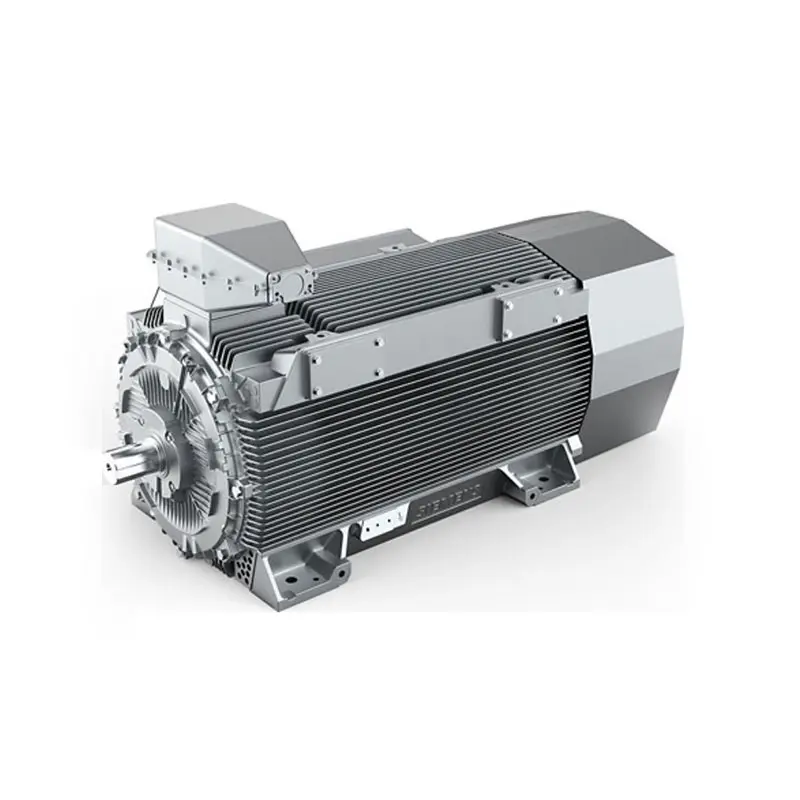 SIEMENS High Voltage Motor Low Voltage
SIEMENS High Voltage Motor Low Voltage 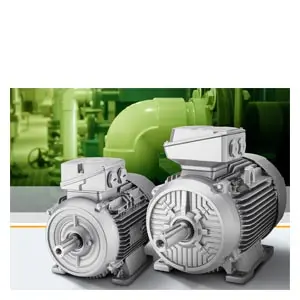 SIEMENS Marine Motor Low Voltage
SIEMENS Marine Motor Low Voltage 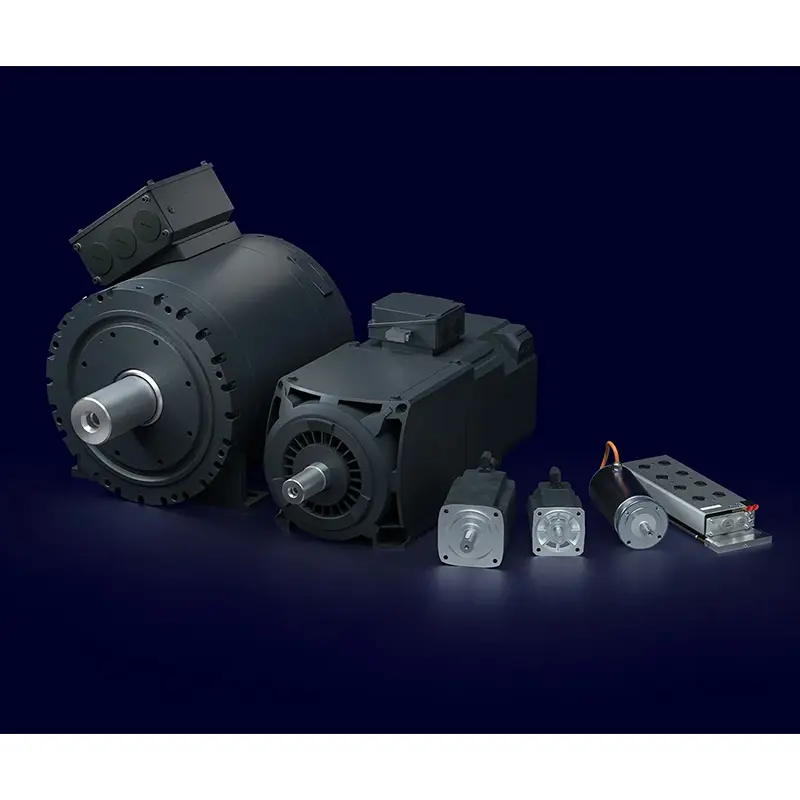 SIEMENS Servo Motor Low Voltage
SIEMENS Servo Motor Low Voltage 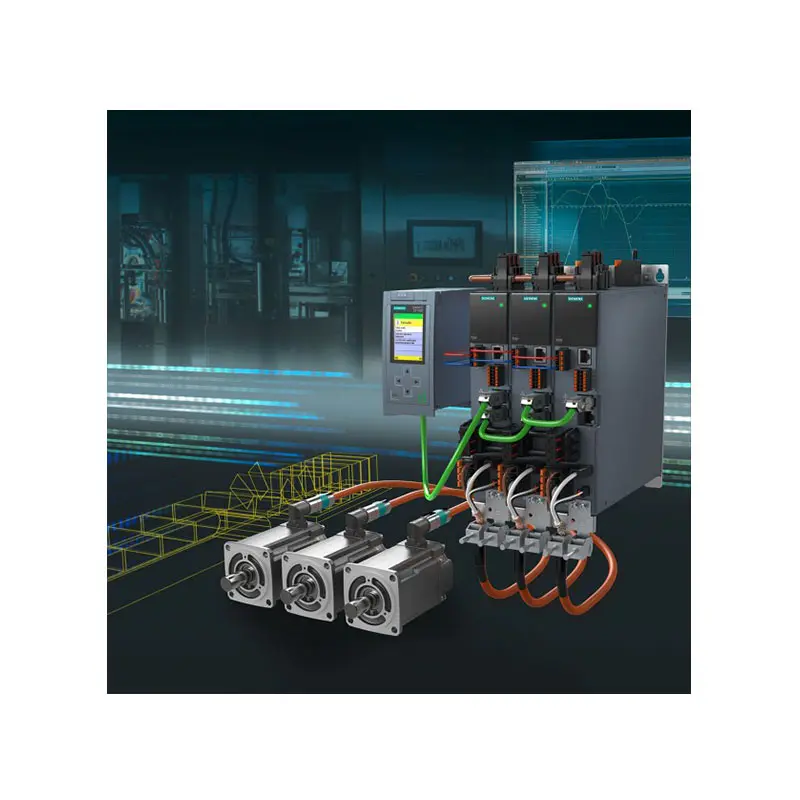 SIEMENS SINAMICS S210 Low Voltage
SIEMENS SINAMICS S210 Low Voltage 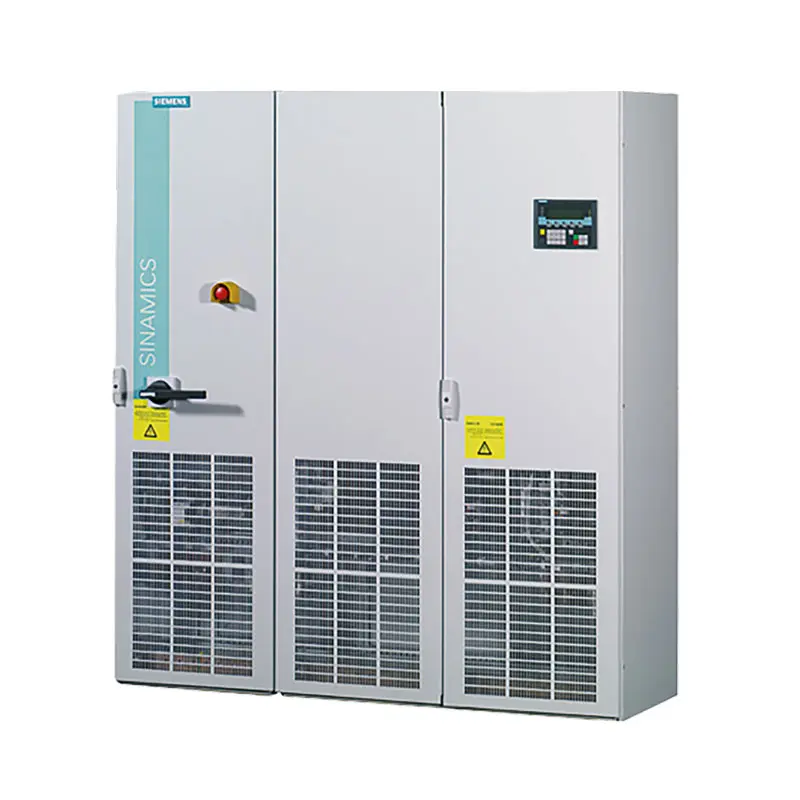 SIEMENS SINAMICS S150 Low Voltage
SIEMENS SINAMICS S150 Low Voltage  SIEMENS SINAMICS S120 Low Voltage
SIEMENS SINAMICS S120 Low Voltage 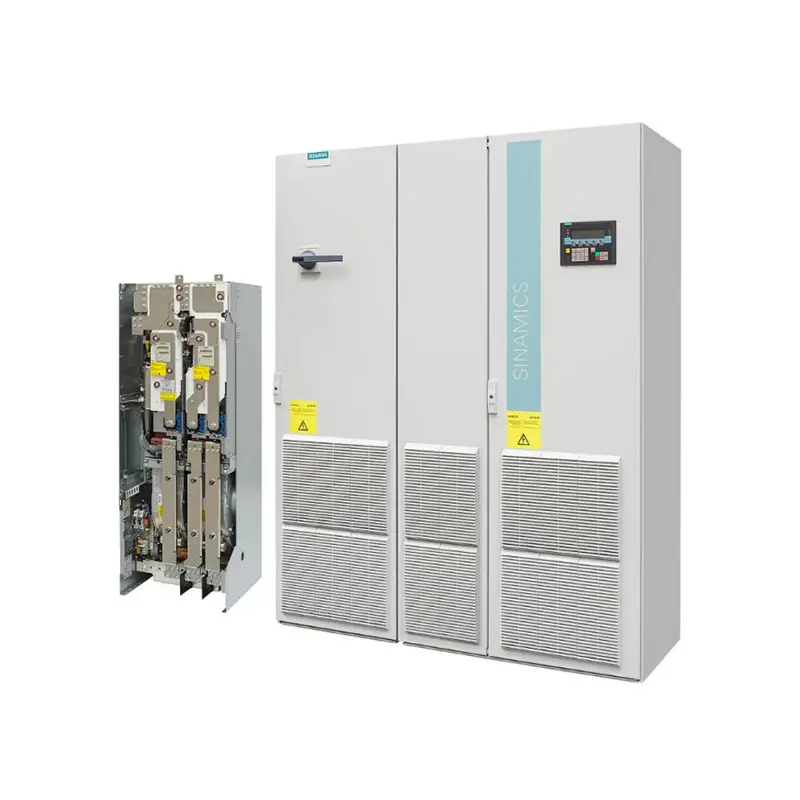 SIEMENS SINAMICS G130/G150
SIEMENS SINAMICS G130/G150 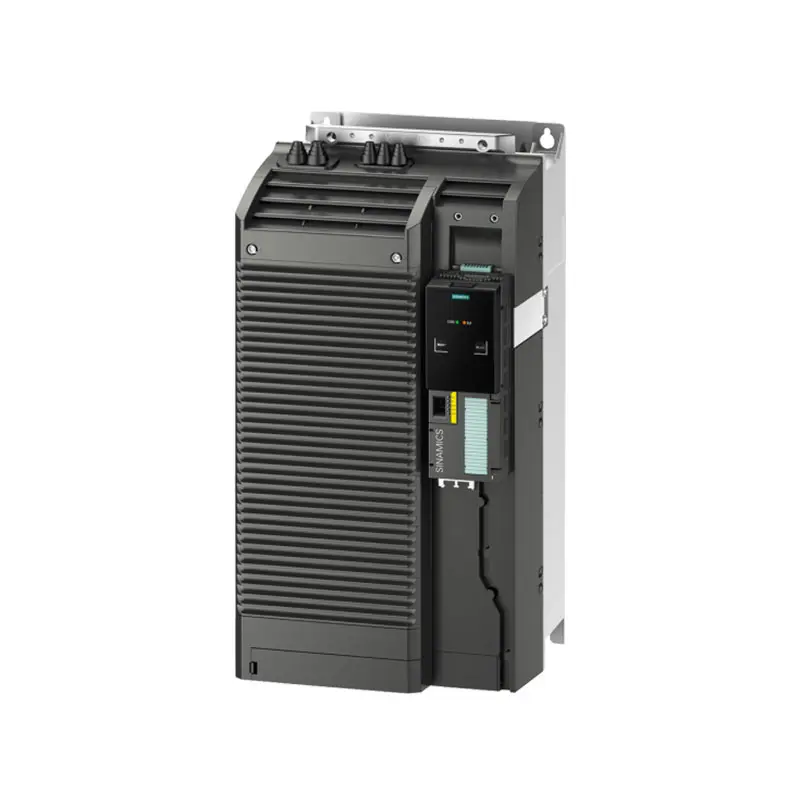 SIEMENS SINAMICS G120 Low Voltage
SIEMENS SINAMICS G120 Low Voltage  SIEMENS SINAMICS G120C Low Voltage
SIEMENS SINAMICS G120C Low Voltage 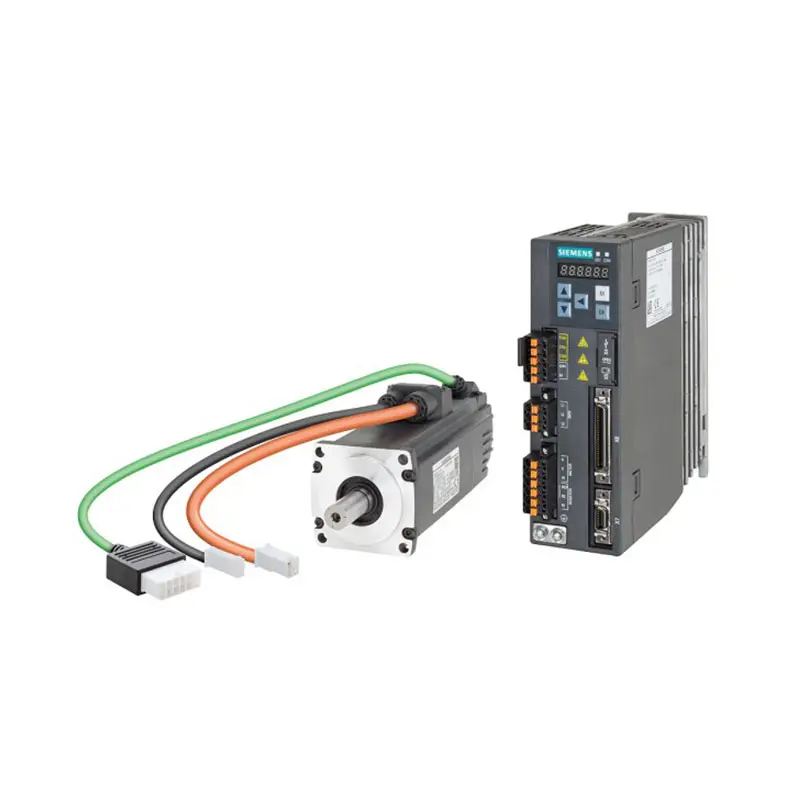 SIEMENS SINAMICS V90
SIEMENS SINAMICS V90 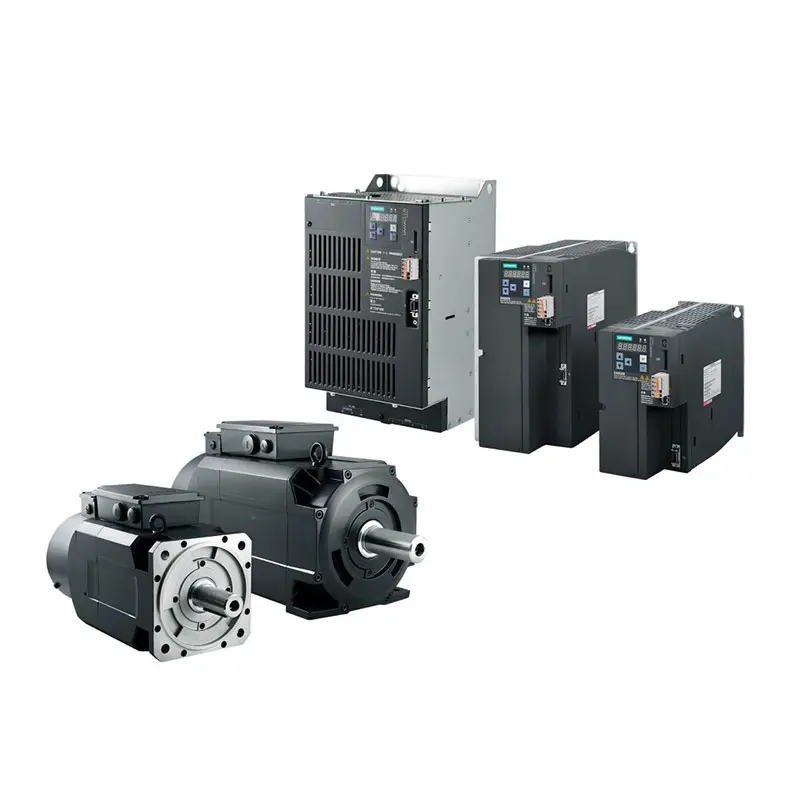 SIEMENS SINAMICS V70 Low Voltage
SIEMENS SINAMICS V70 Low Voltage 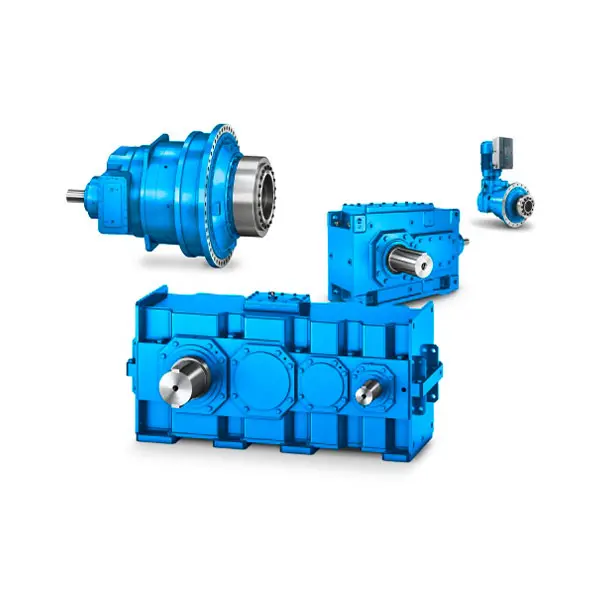 FLENDER Gear Unit
FLENDER Gear Unit 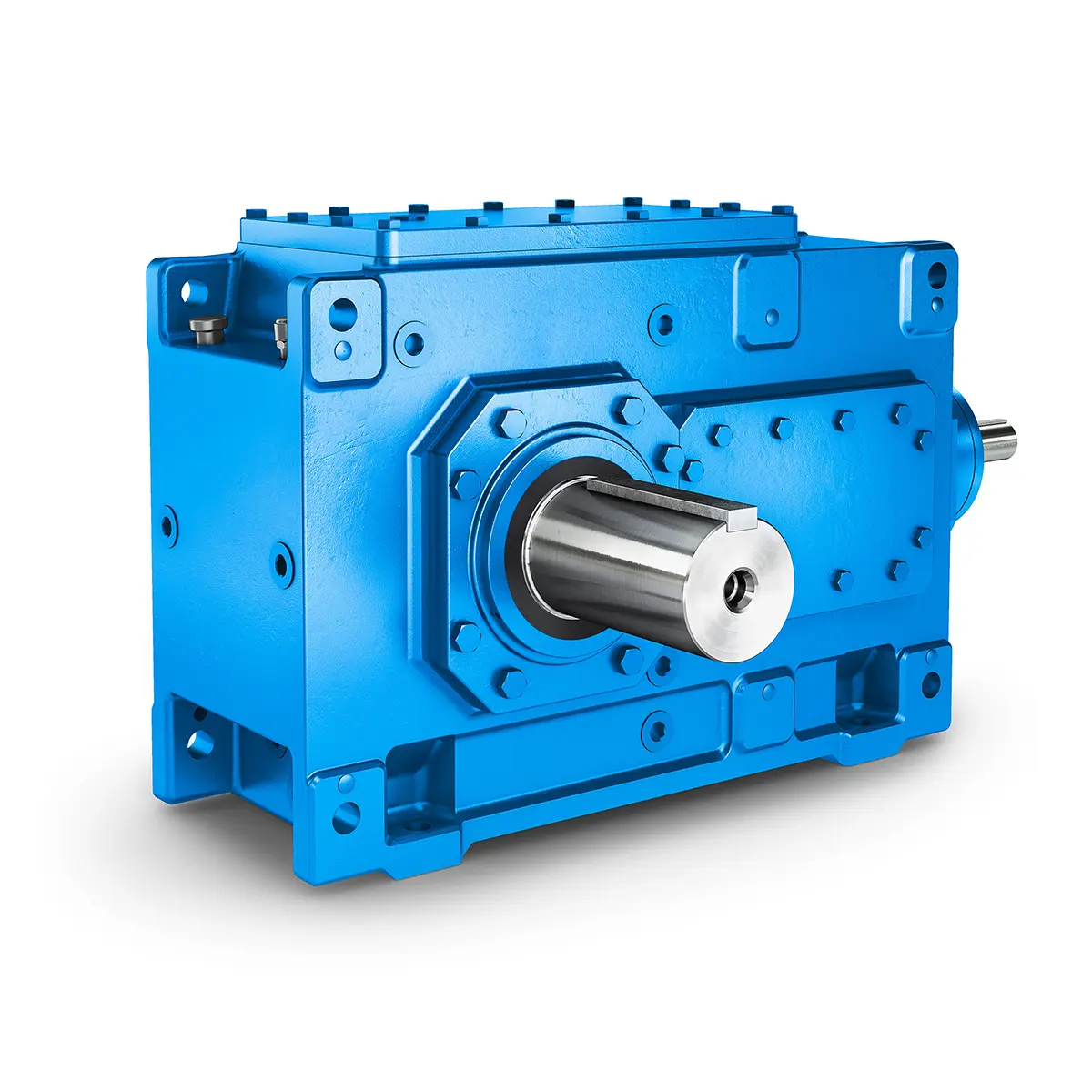 FLENDER Helical Gear Unit
FLENDER Helical Gear Unit 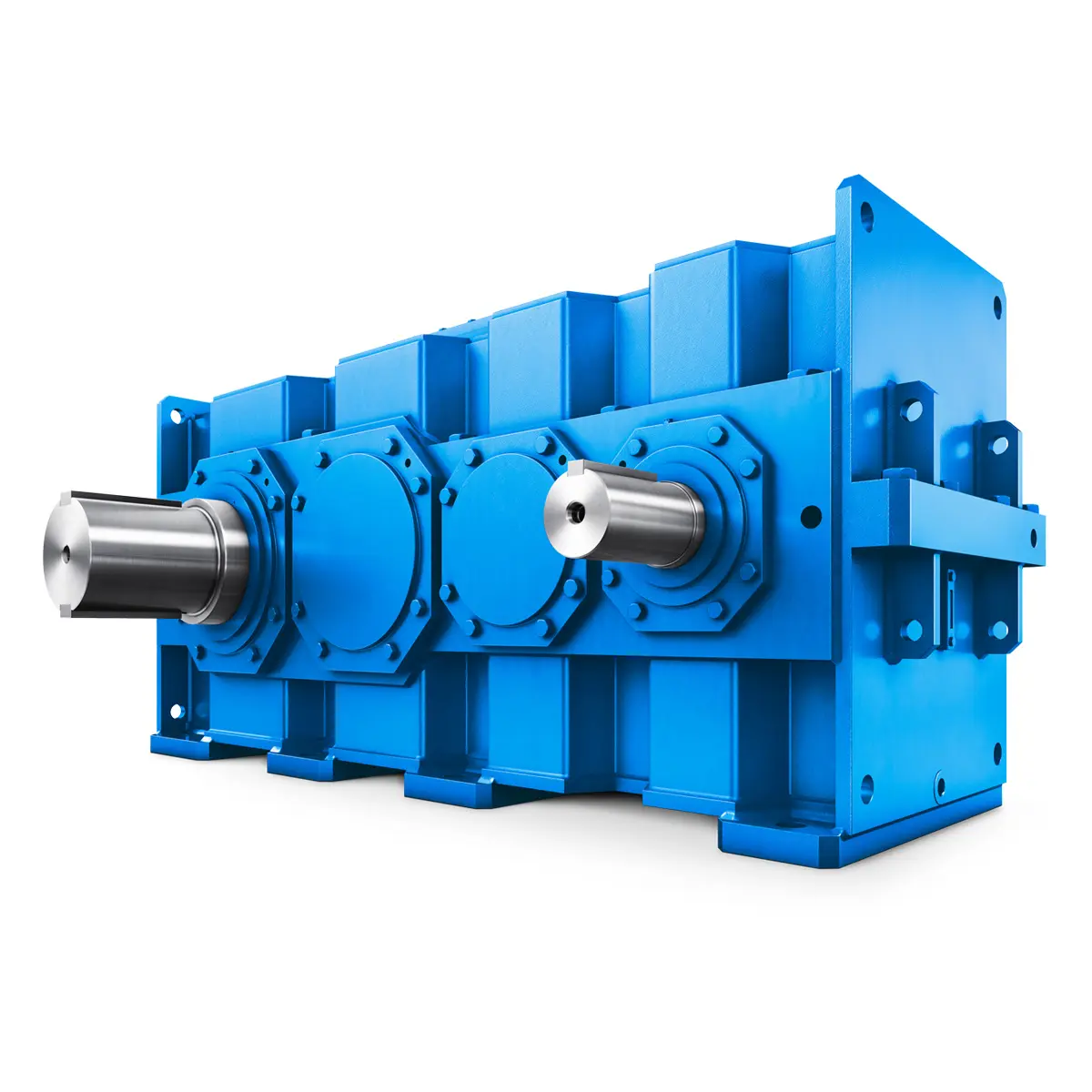 Flender gear units for lifting and luffing gears
Flender gear units for lifting and luffing gears 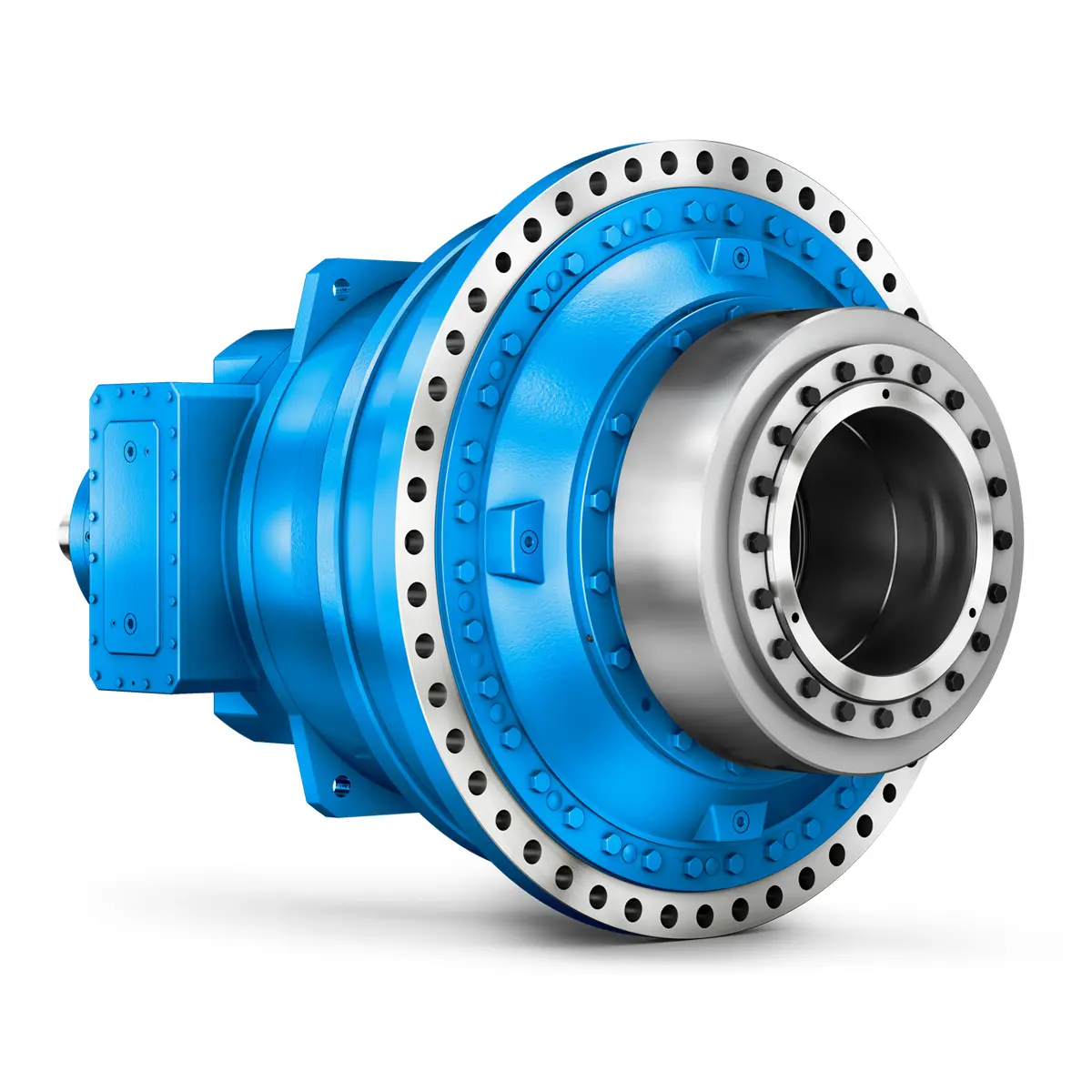 FLENDER Gear Unit gearunit gearbox
FLENDER Gear Unit gearunit gearbox 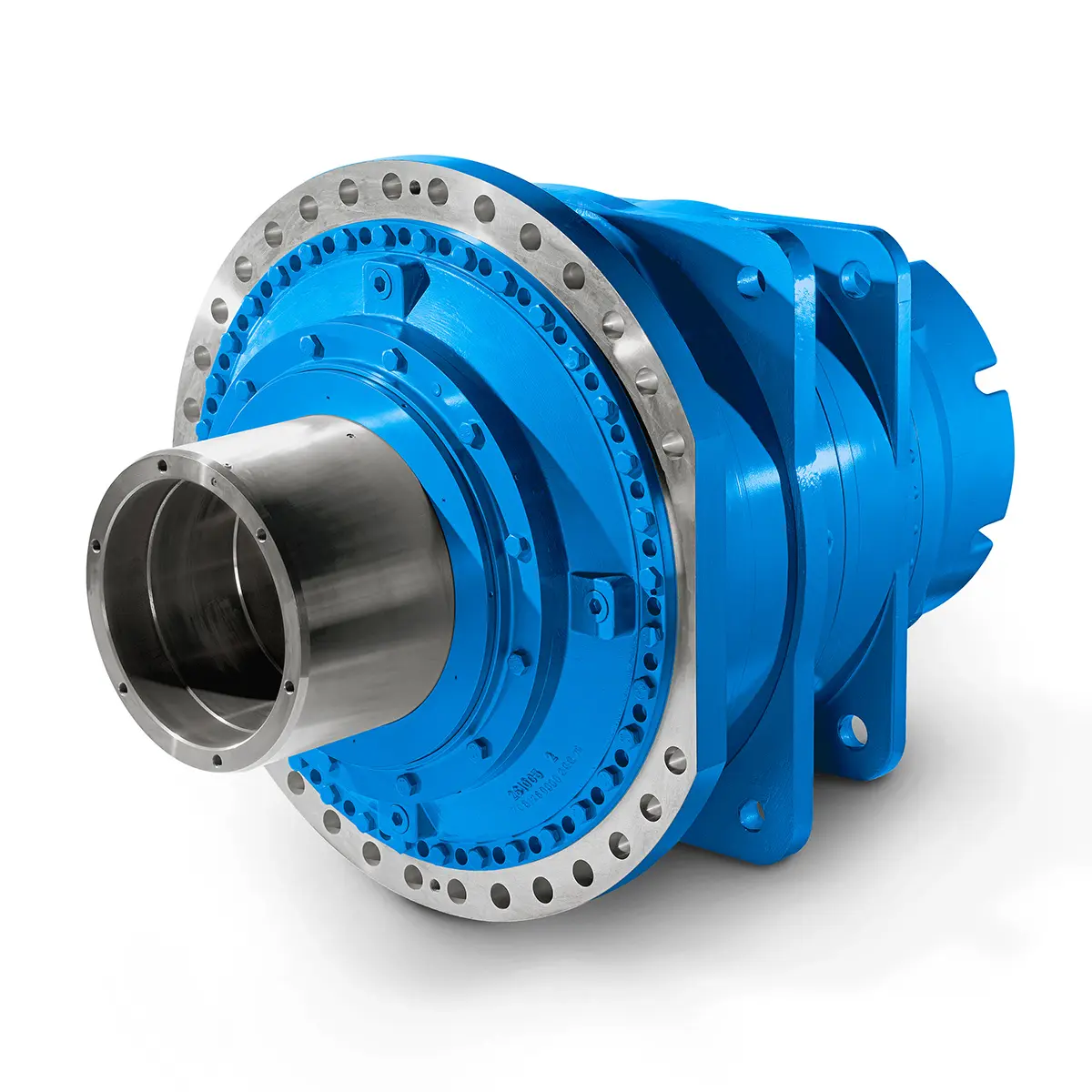 Optimal Drive Solution For Maximum Performance
Optimal Drive Solution For Maximum Performance 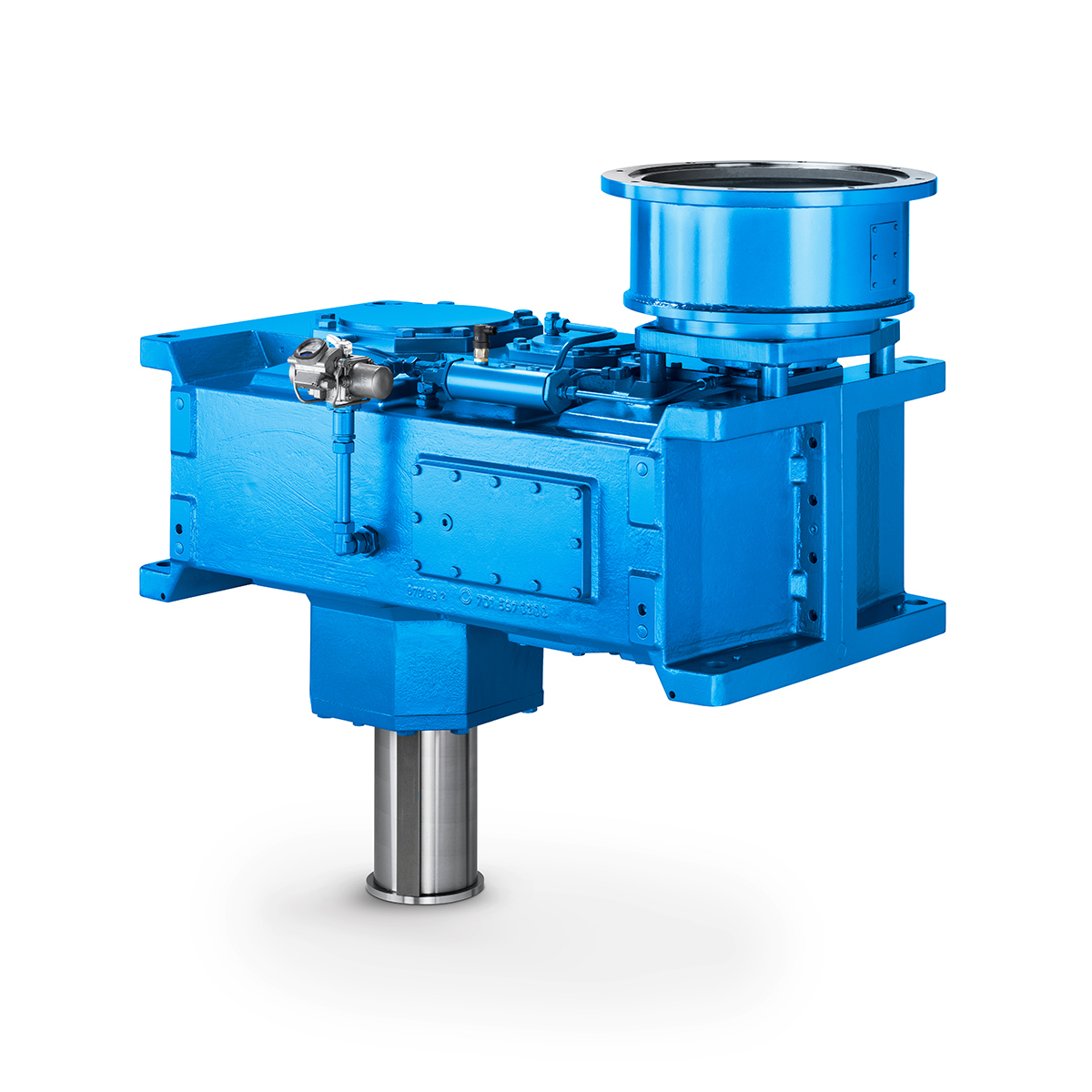 Strongly operating against biodegradable constituents
Strongly operating against biodegradable constituents 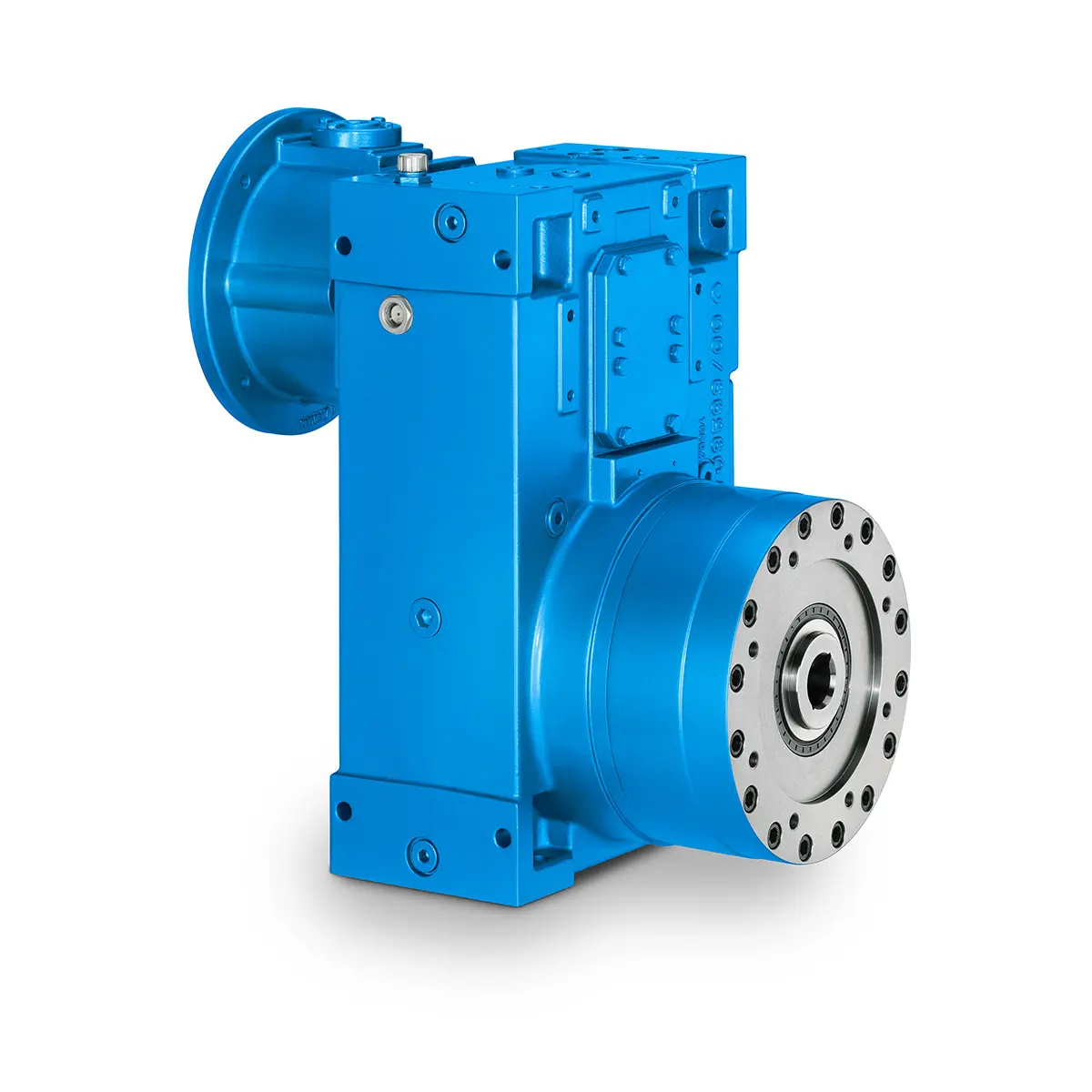 SINGLE SCREW Special industry dedicated gearunit gearbox
SINGLE SCREW Special industry dedicated gearunit gearbox 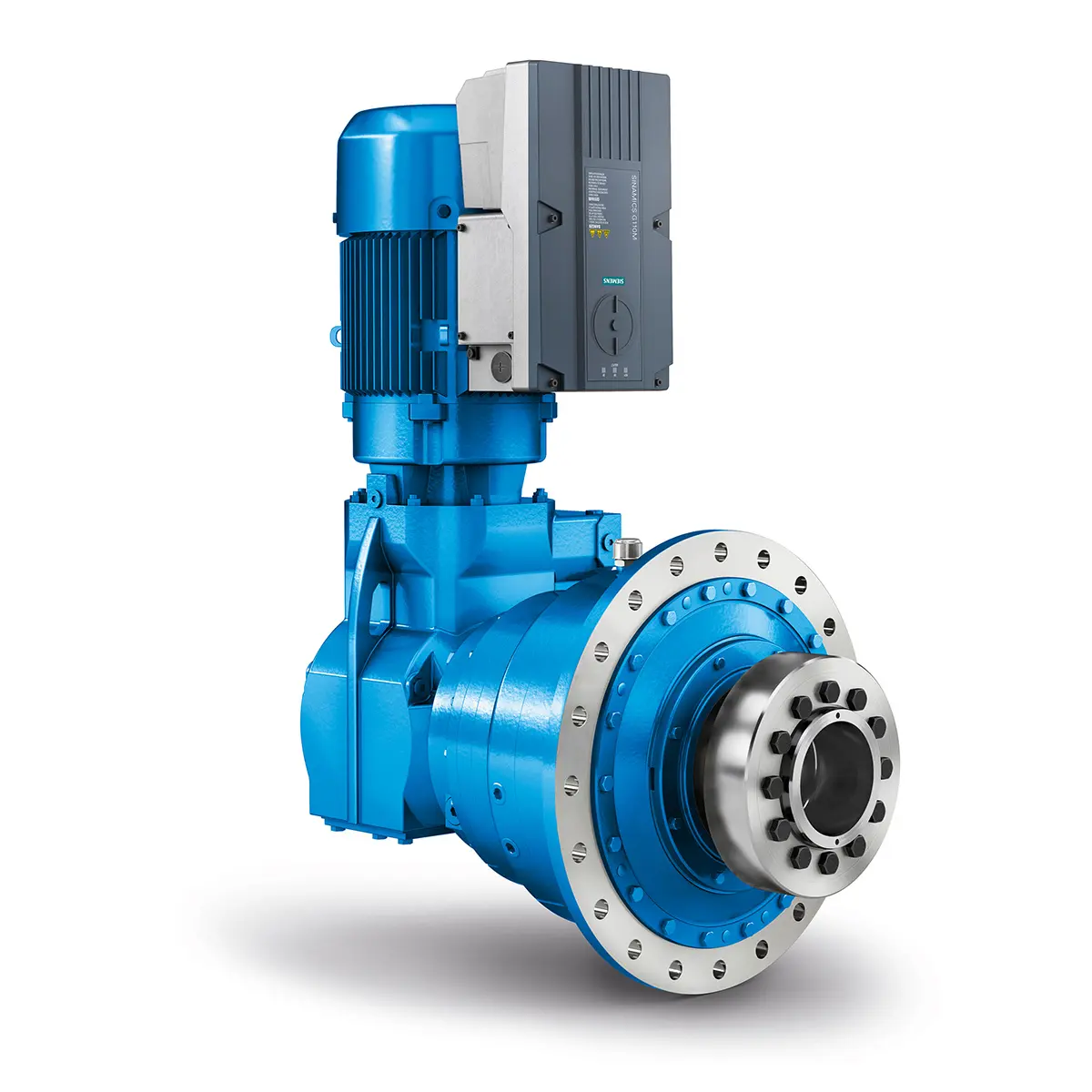 Playmaker In The Premium League
Playmaker In The Premium League 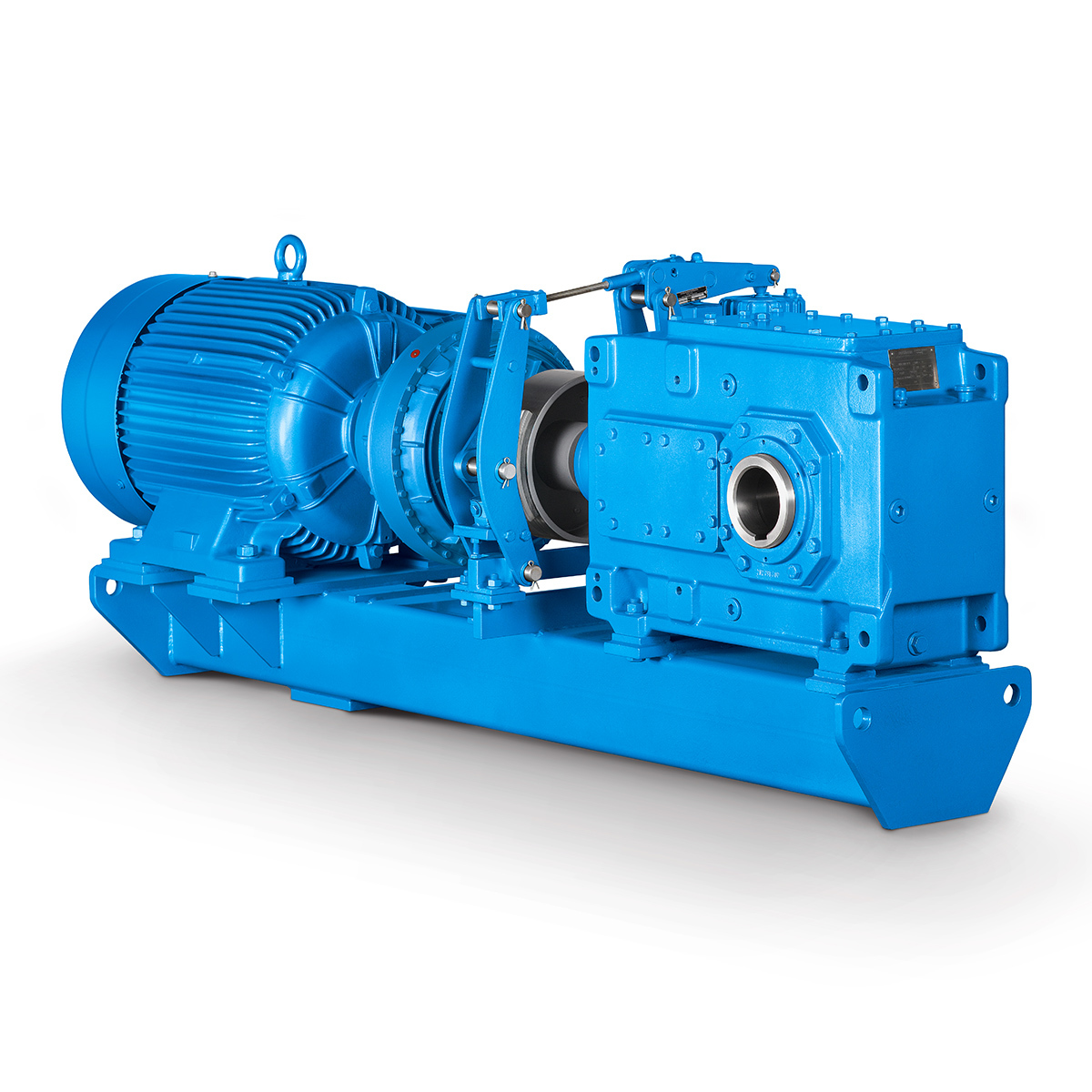 Conveyor belts gearunit gearbox
Conveyor belts gearunit gearbox 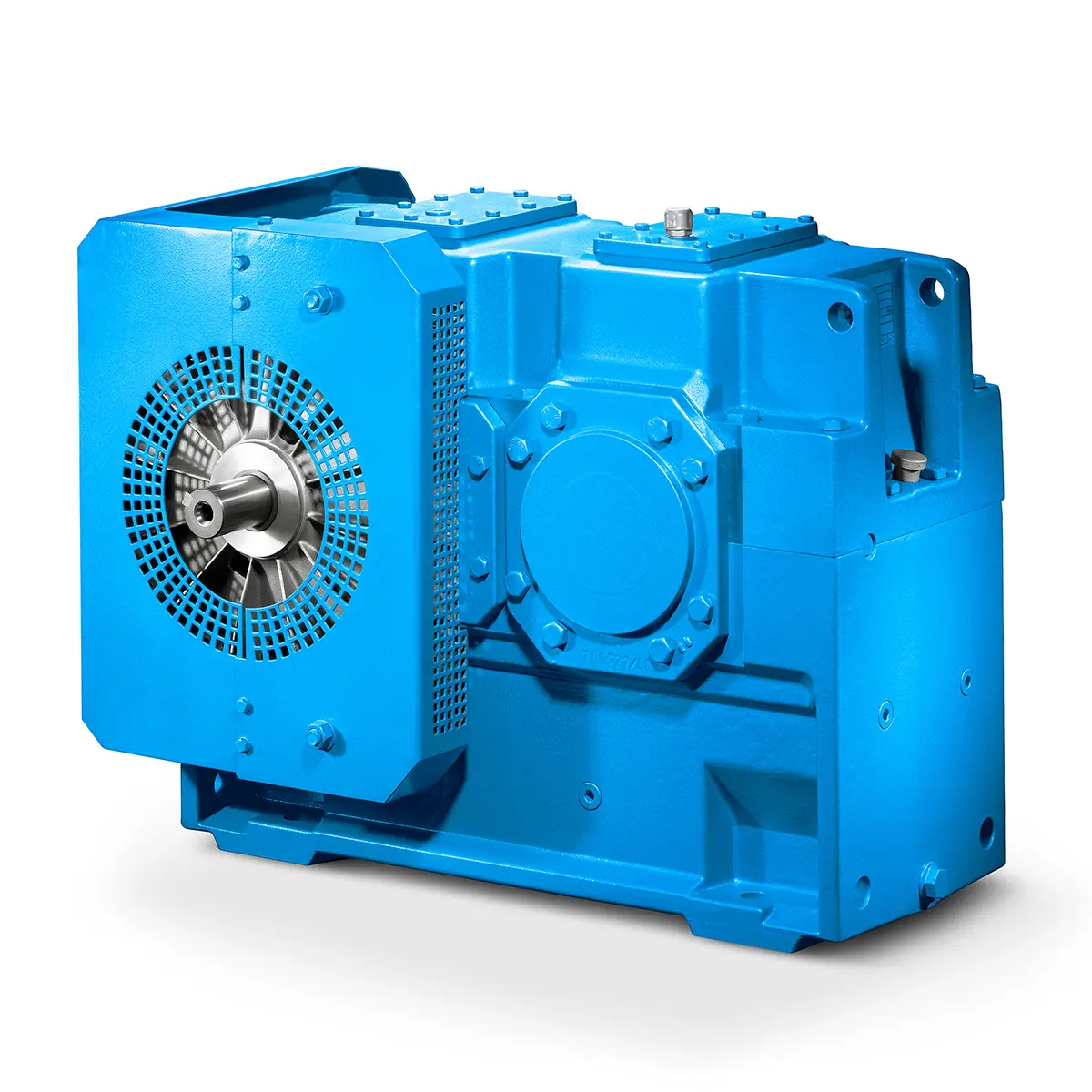 Paper And Pulp Preparation Sections
Paper And Pulp Preparation Sections 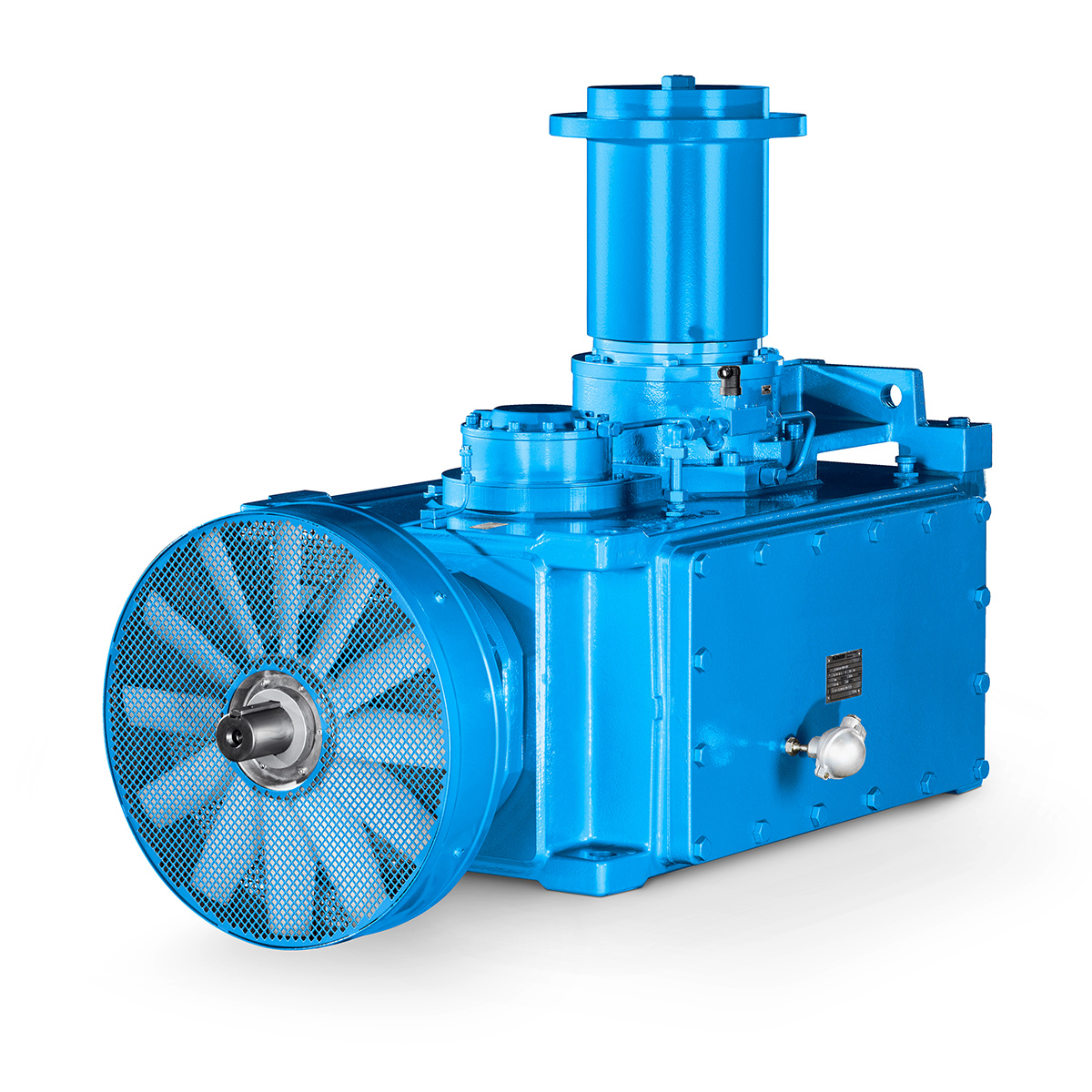 Operational Reliability Even In Case Of The Highest Ventilation Forces
Operational Reliability Even In Case Of The Highest Ventilation Forces 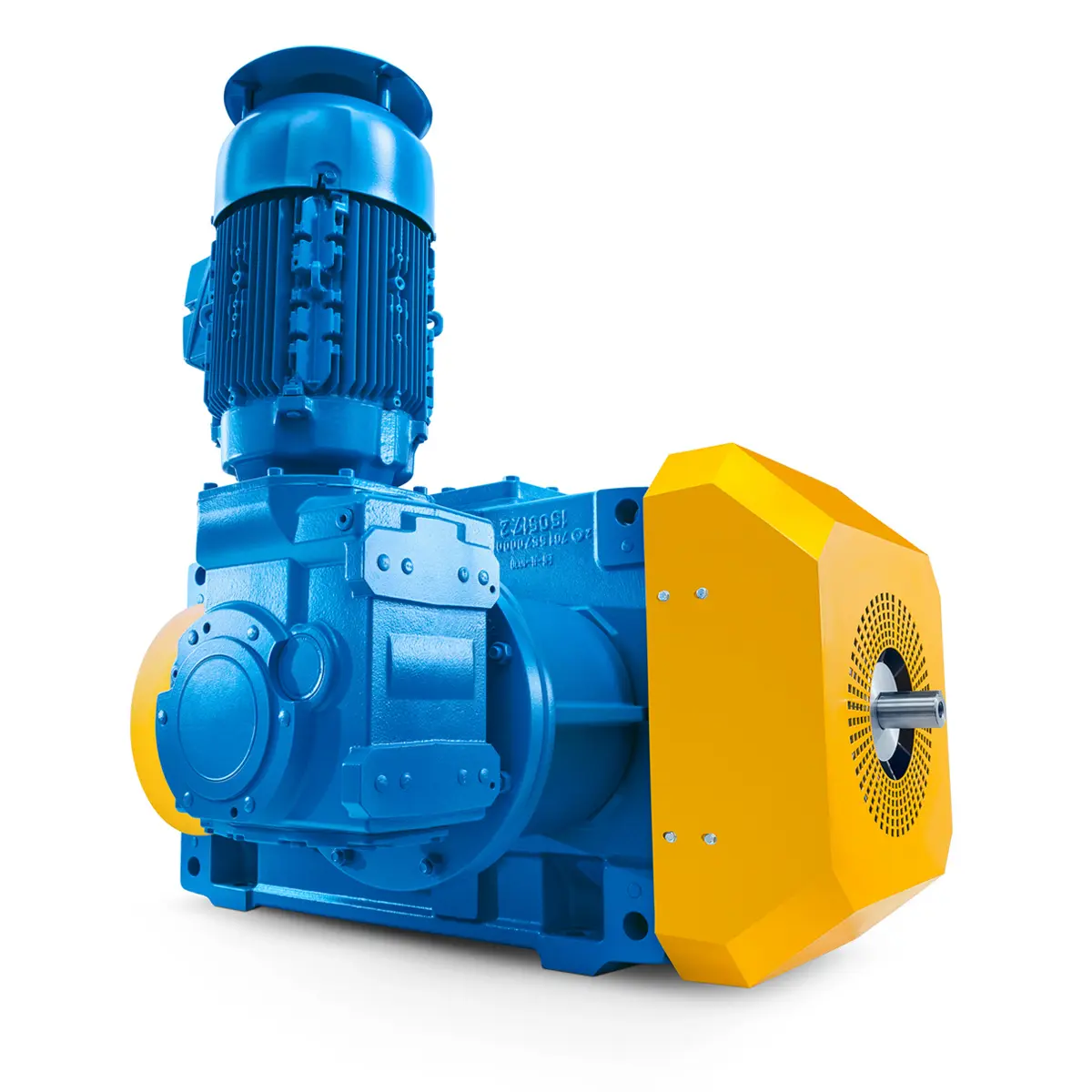 Reliable Gear Units For High Performance Vertical Conveyors 59/200
Reliable Gear Units For High Performance Vertical Conveyors 59/200 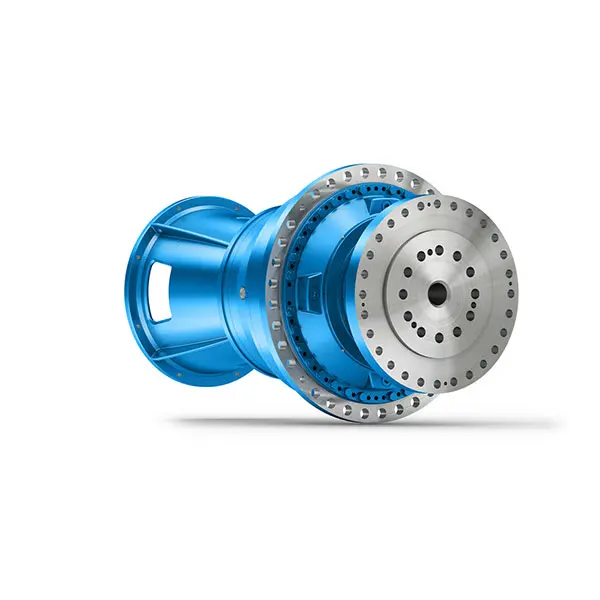 Maximum power density – PLANUREX 3 L individual drives for your sugar cane mill
Maximum power density – PLANUREX 3 L individual drives for your sugar cane mill 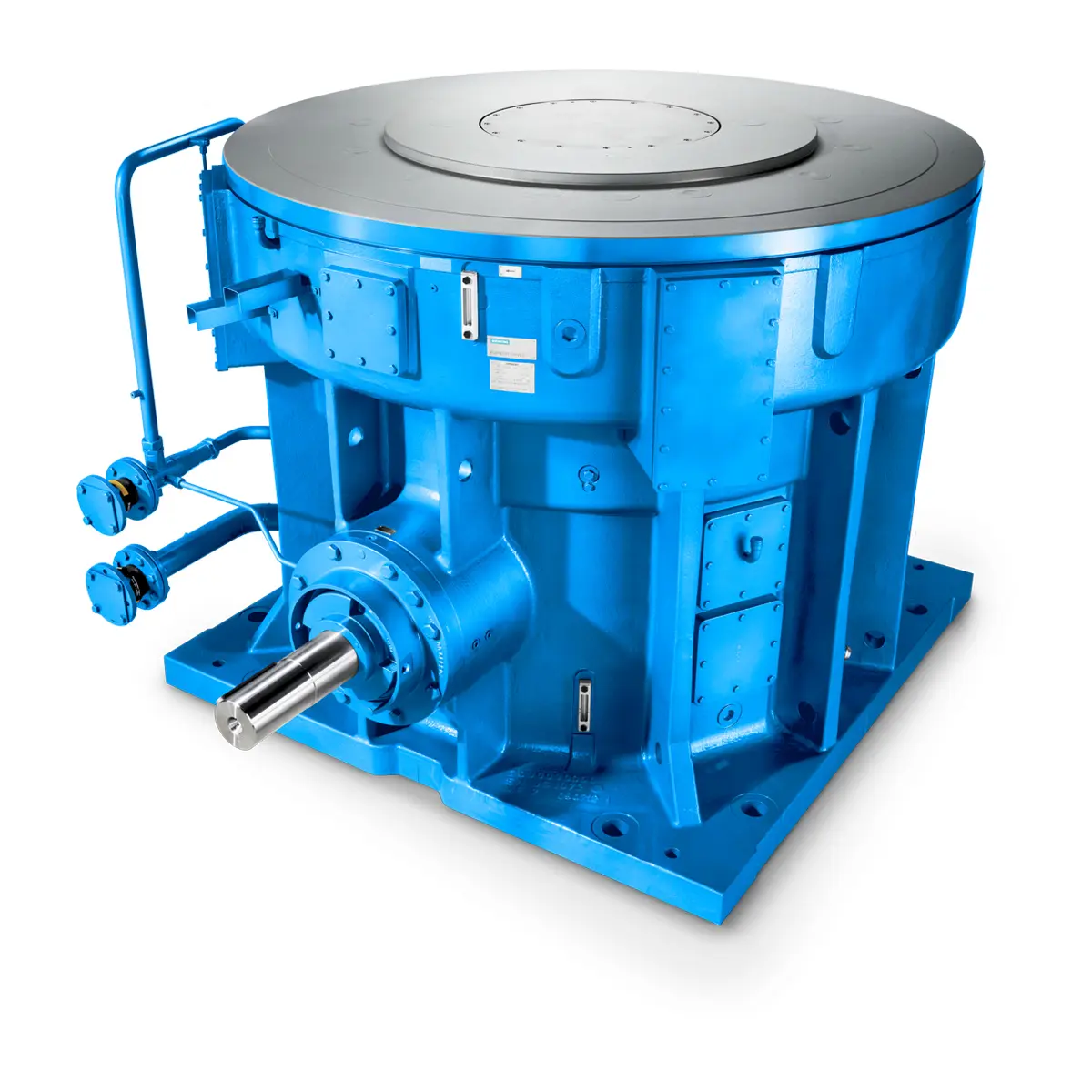 The proven all rounder gearunit gearbox
The proven all rounder gearunit gearbox 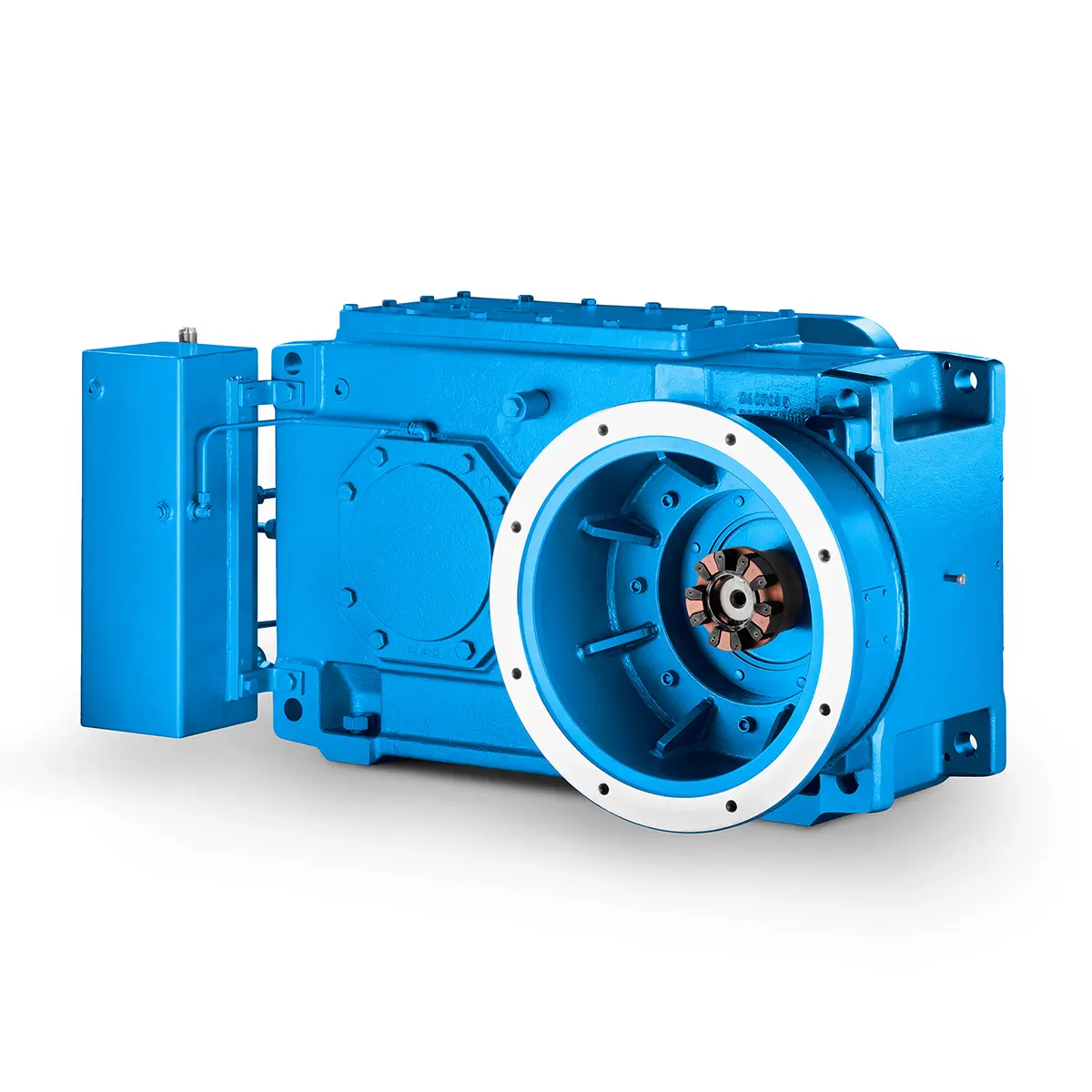 Stirs and stirs and stirs gearunit gearbox
Stirs and stirs and stirs gearunit gearbox 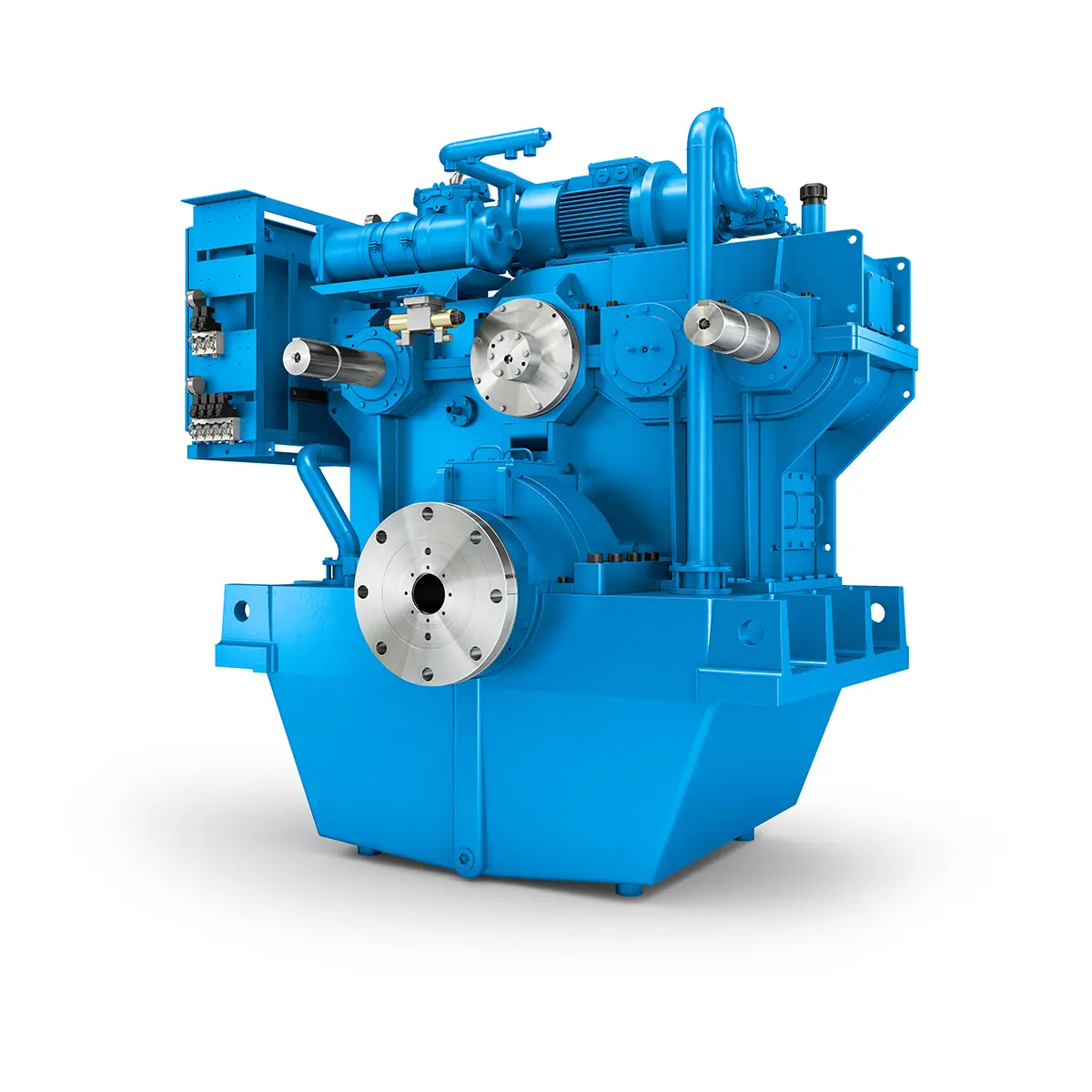 Flexibility on Board gearunit gearbox
Flexibility on Board gearunit gearbox 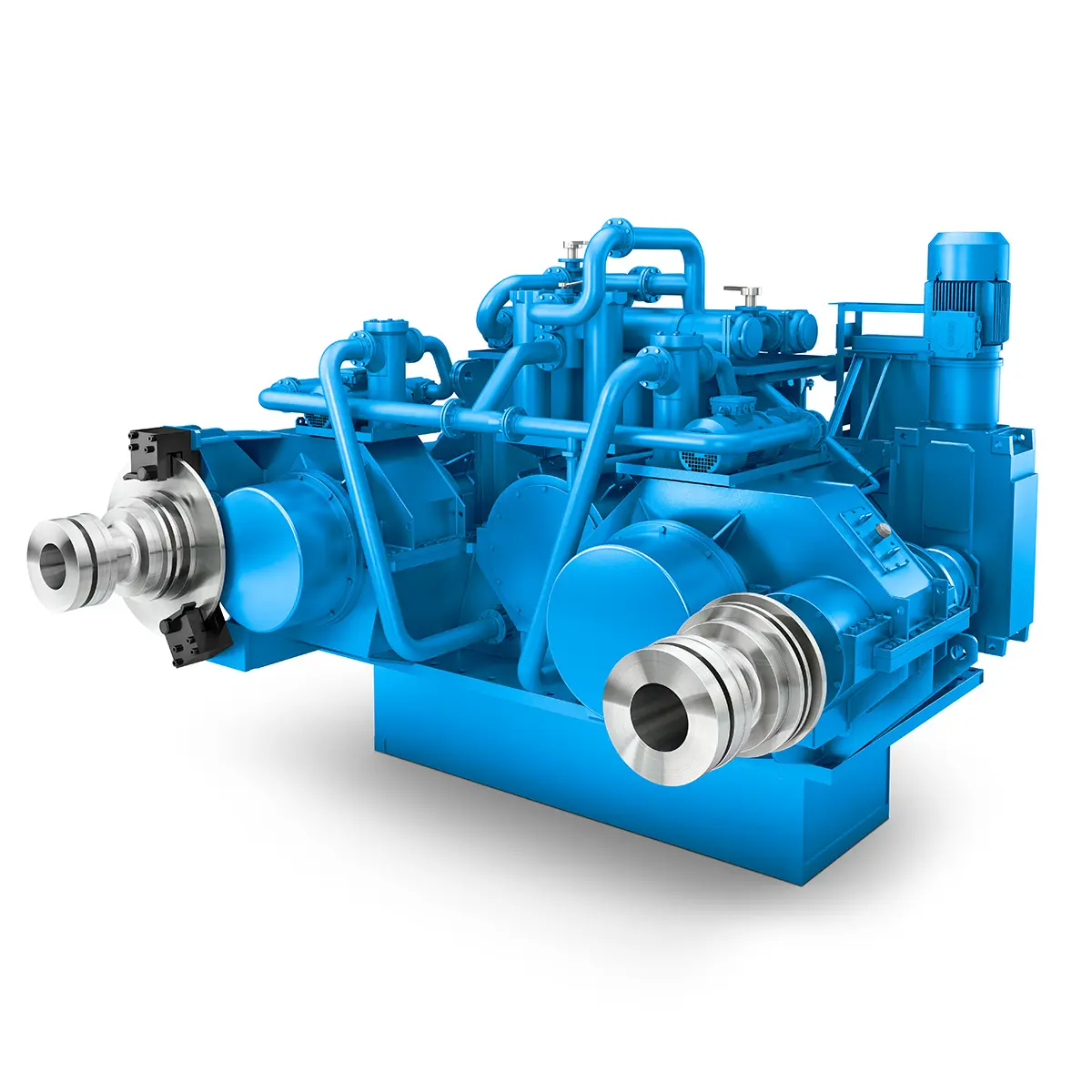 The right gearbox for all Multi-Engine Ships
The right gearbox for all Multi-Engine Ships 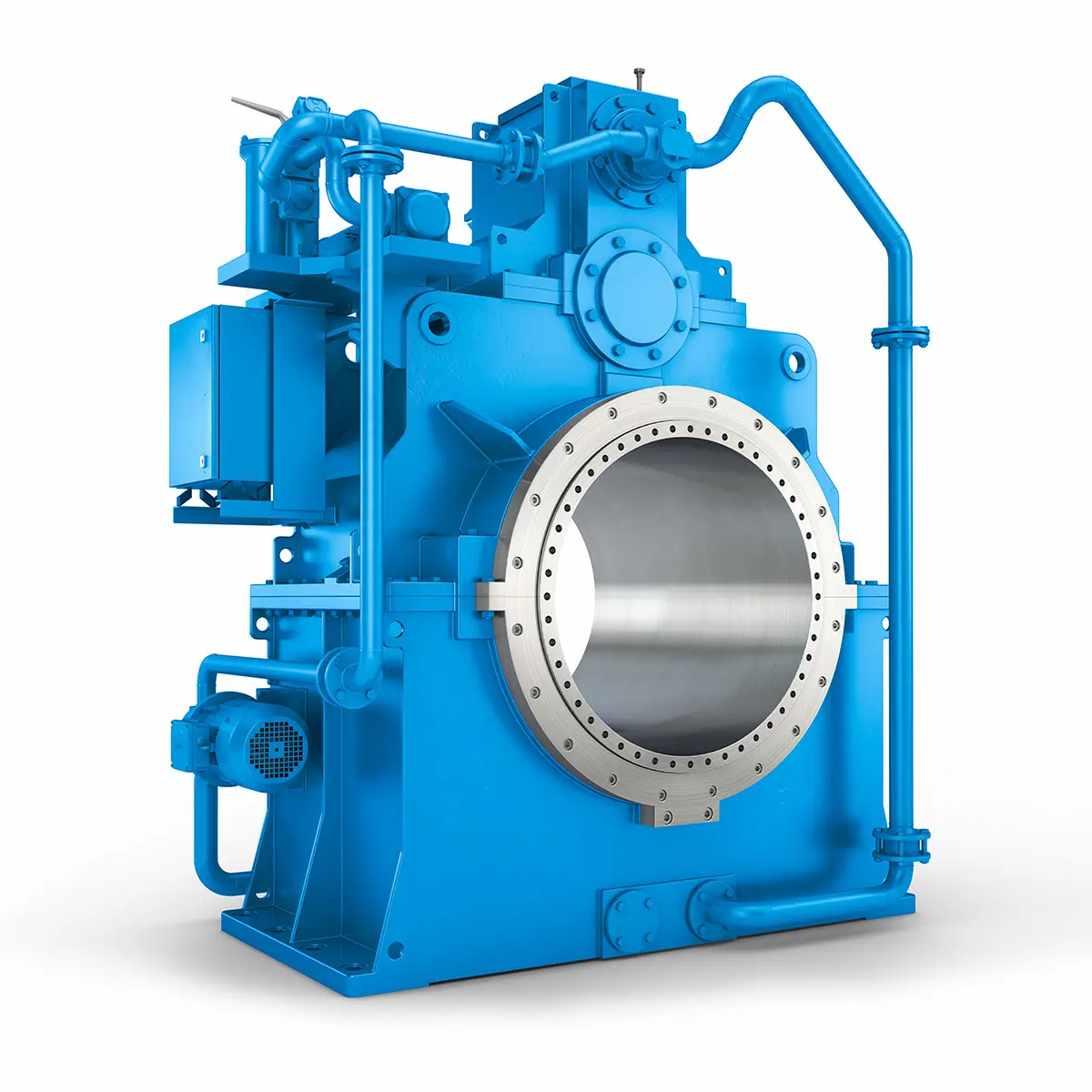 Reliable Power Generation on board
Reliable Power Generation on board 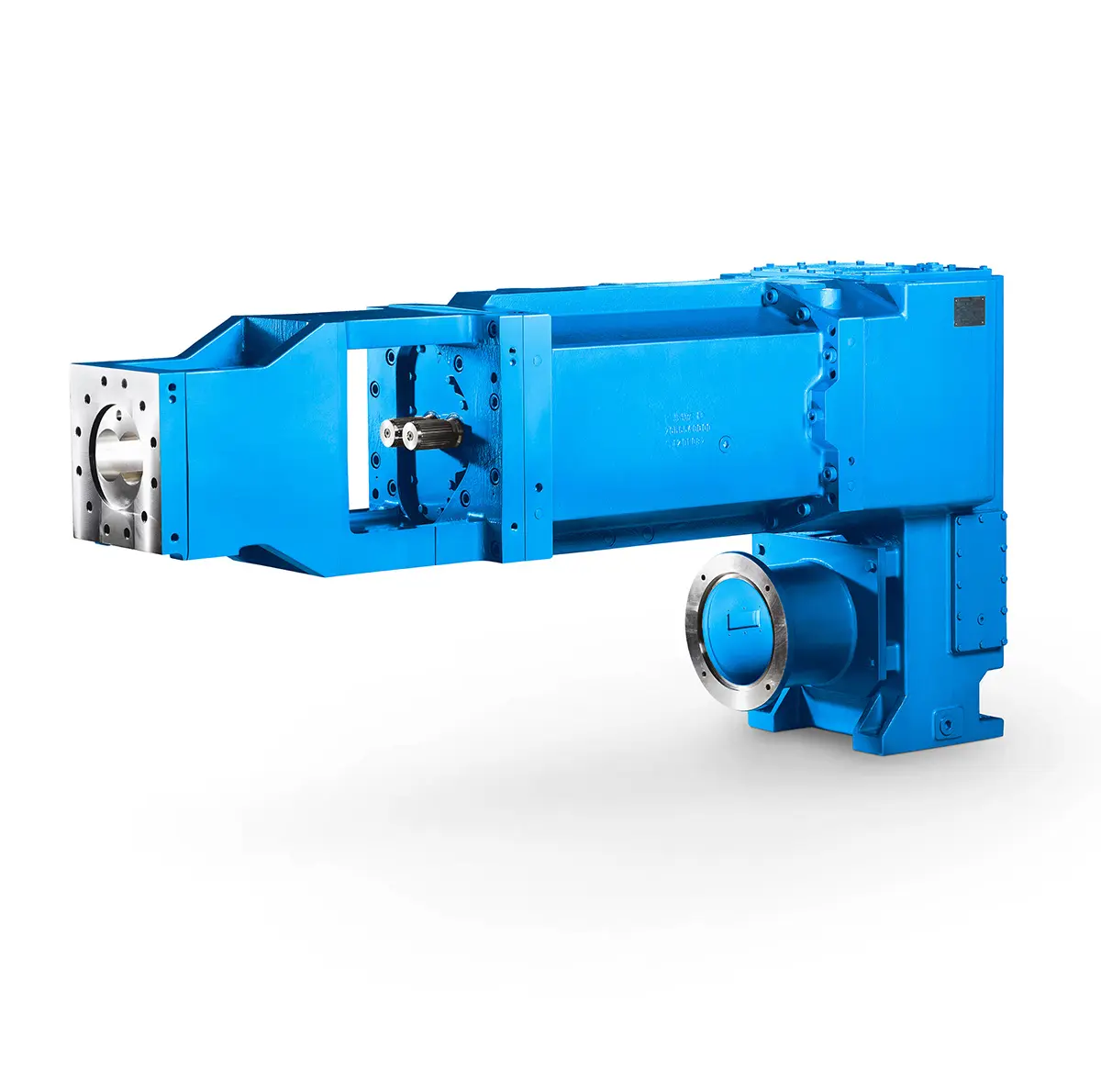 Maximum performance level, fast deliverable
Maximum performance level, fast deliverable 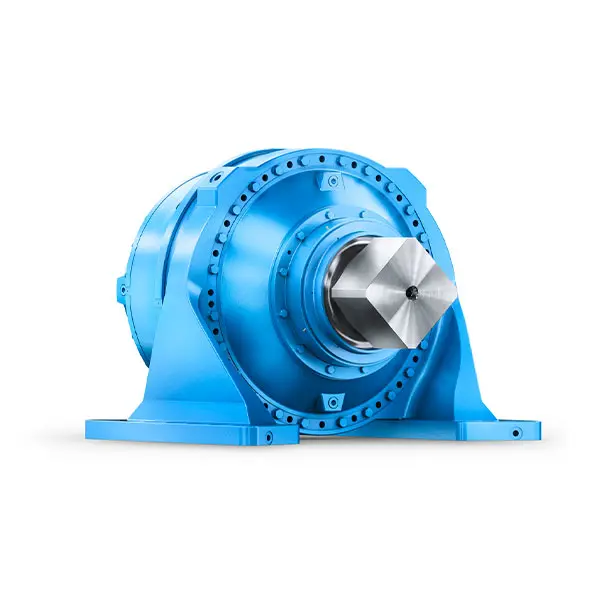 Efficient and compact – FLENDER Gear Units for Sugar Mills
Efficient and compact – FLENDER Gear Units for Sugar Mills 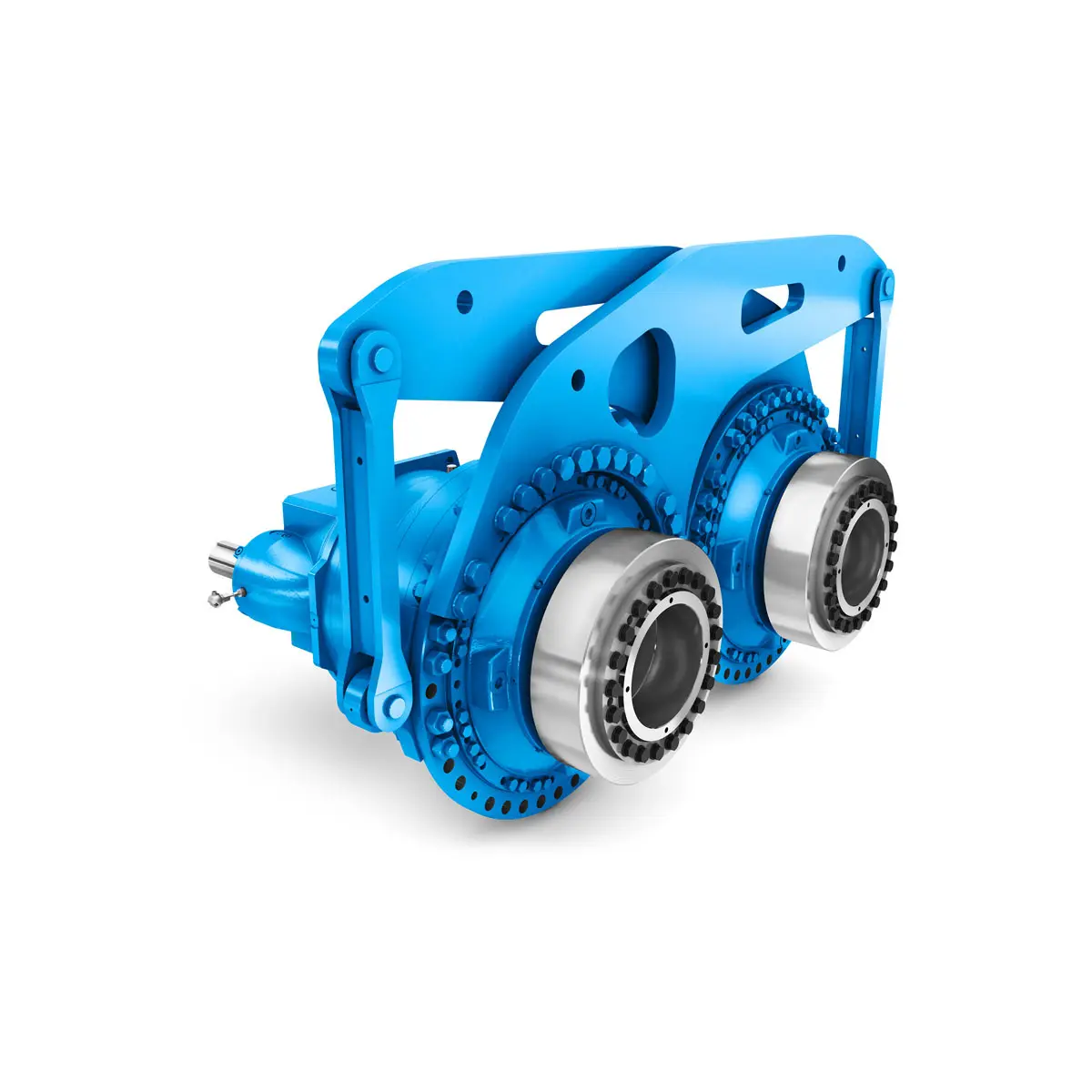 Extremely strong. Extremely compact. Extremely stressable.
Extremely strong. Extremely compact. Extremely stressable. 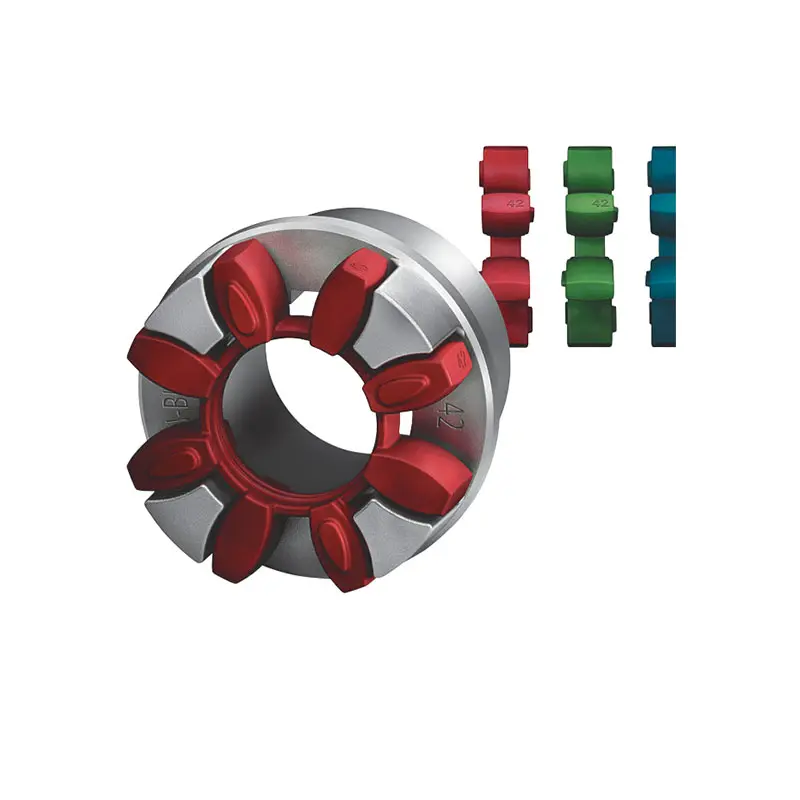 FLENDER Coupling
FLENDER Coupling  ZAPEX ZW Torsionally Rigid Gear Coupling
ZAPEX ZW Torsionally Rigid Gear Coupling 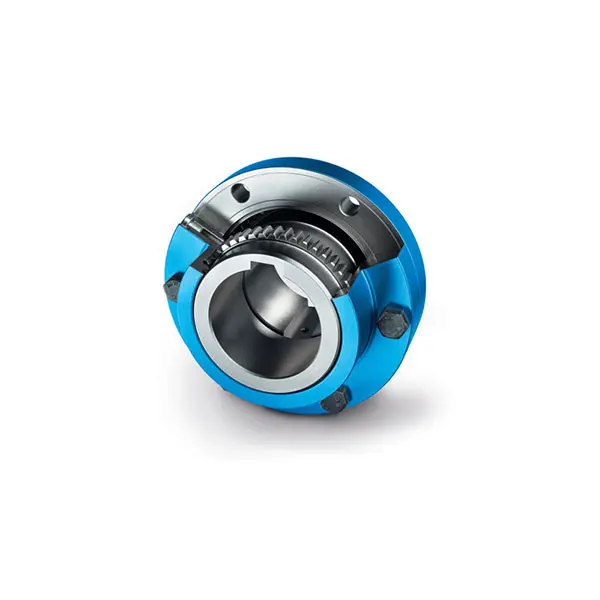 ZAPEX ZN Torsionally Rigid Gear Coupling
ZAPEX ZN Torsionally Rigid Gear Coupling 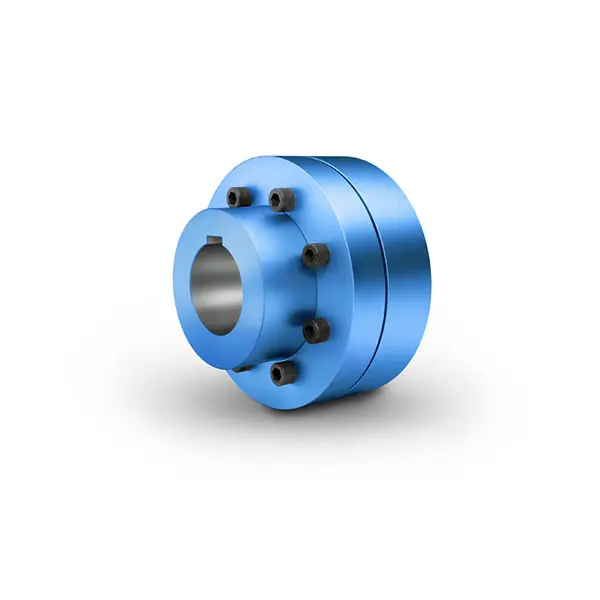 N-EUPEX Flexible high performance Coupling
N-EUPEX Flexible high performance Coupling 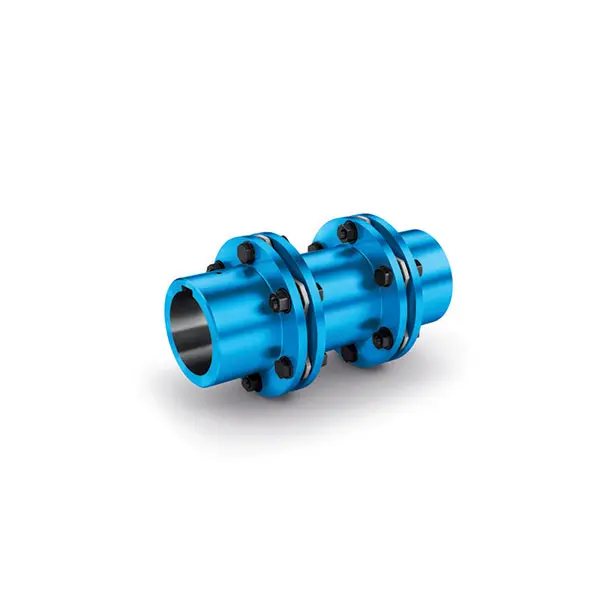 N-ARPEX Torsionally Rigid All-Steel Coupling
N-ARPEX Torsionally Rigid All-Steel Coupling 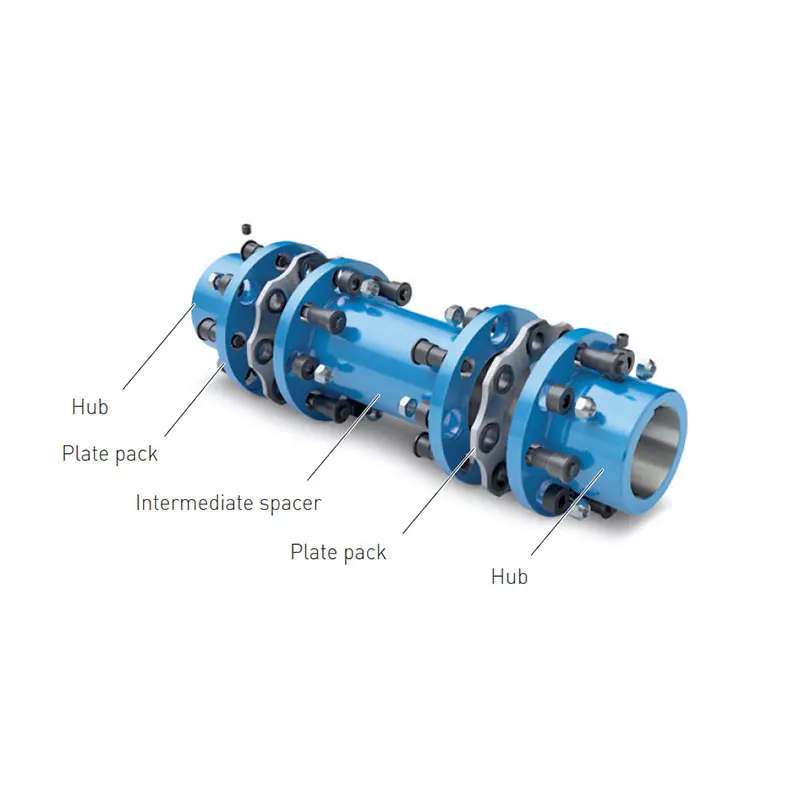 ARPEX Torsionally Rigid All-Steel Coupling Spare and Parts
ARPEX Torsionally Rigid All-Steel Coupling Spare and Parts  N-EUPEX DS Flexible High Performance Coupling
N-EUPEX DS Flexible High Performance Coupling 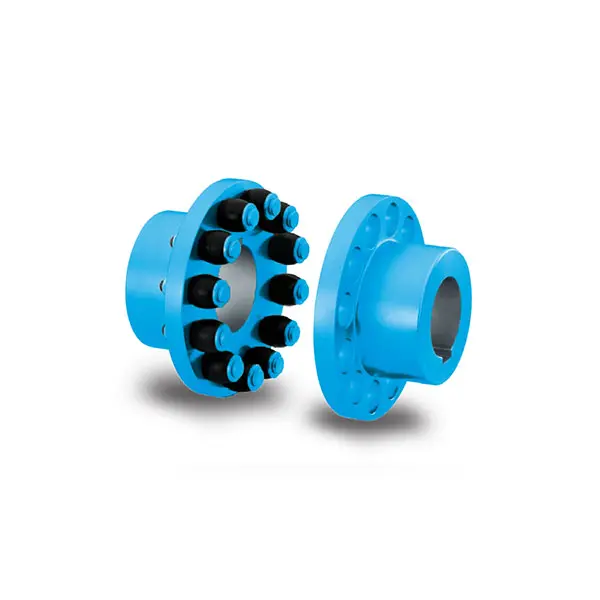 RUPEX Flexible high performance Coupling
RUPEX Flexible high performance Coupling 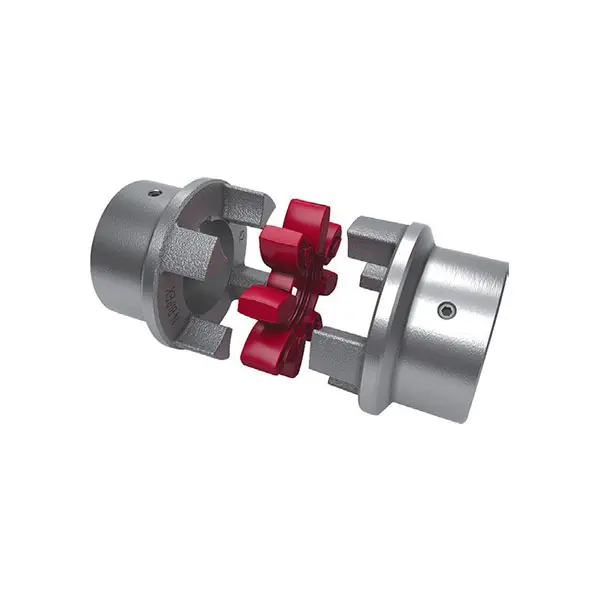 N BIPEX Flexible high performance coupling
N BIPEX Flexible high performance coupling 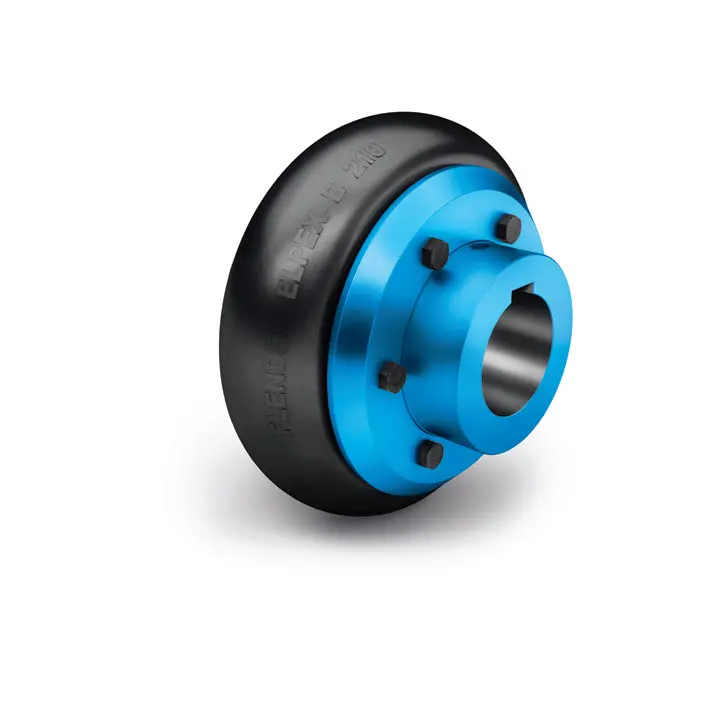 ELPEX B Highly Flexible Coupling
ELPEX B Highly Flexible Coupling 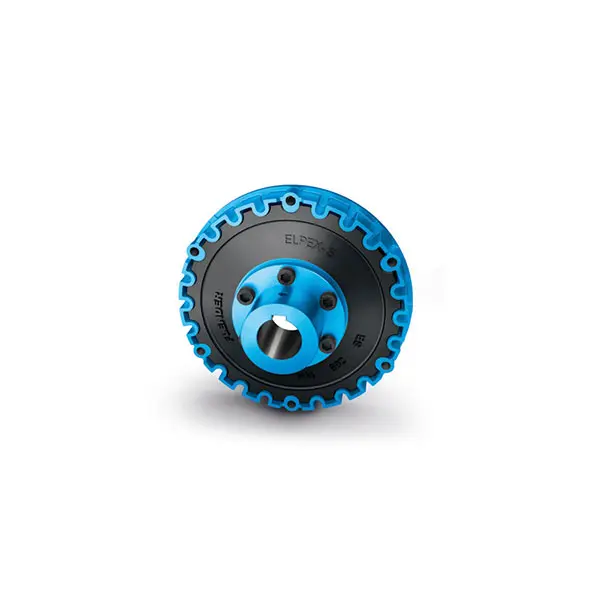 ELPEX S Highly Flexible Coupling high performance
ELPEX S Highly Flexible Coupling high performance 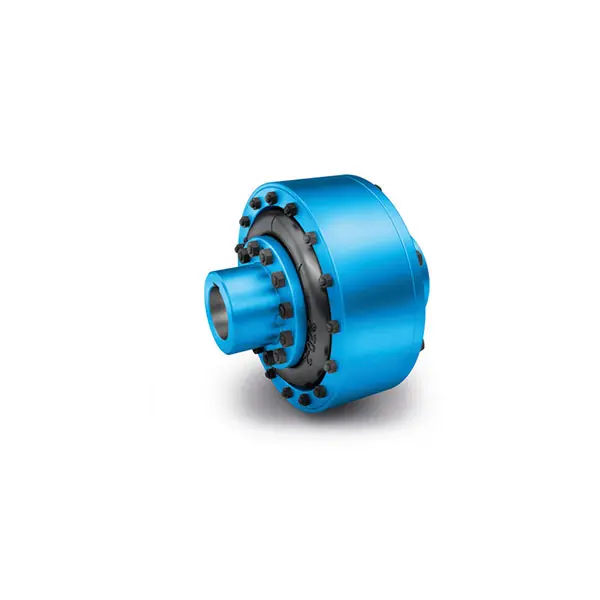 ELPEX Highly Flexible Coupling high performance
ELPEX Highly Flexible Coupling high performance 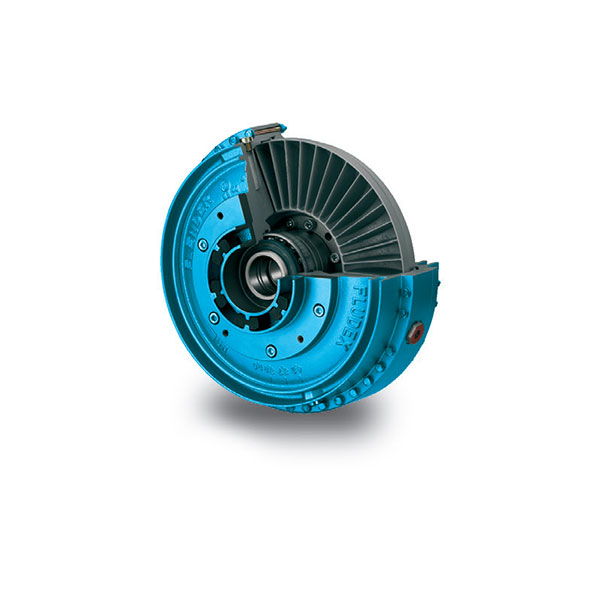 FLUDEX Fluid Coupling high performance
FLUDEX Fluid Coupling high performance 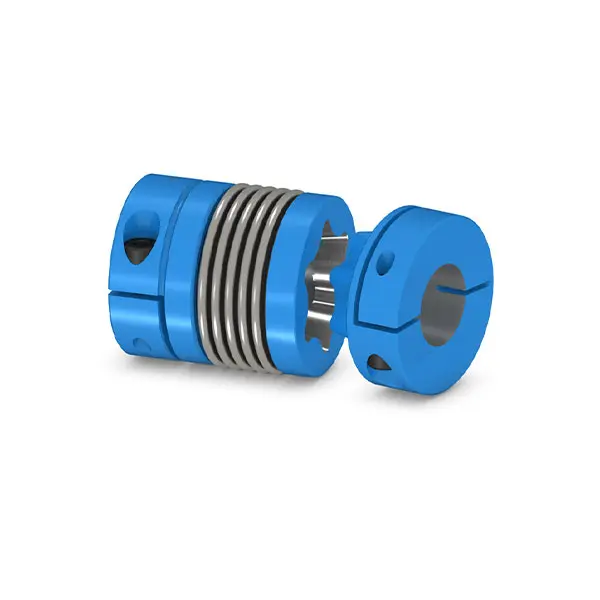 SIPEX Backlash free Coupling high performance
SIPEX Backlash free Coupling high performance 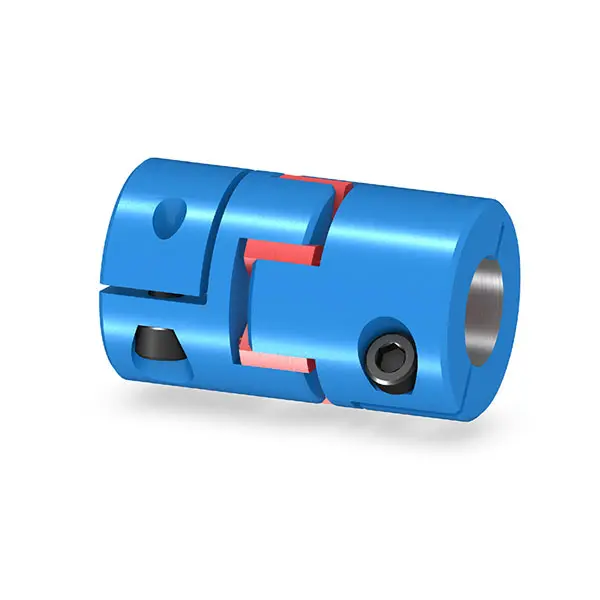 BIPEX S Backlash free Coupling high performance
BIPEX S Backlash free Coupling high performance 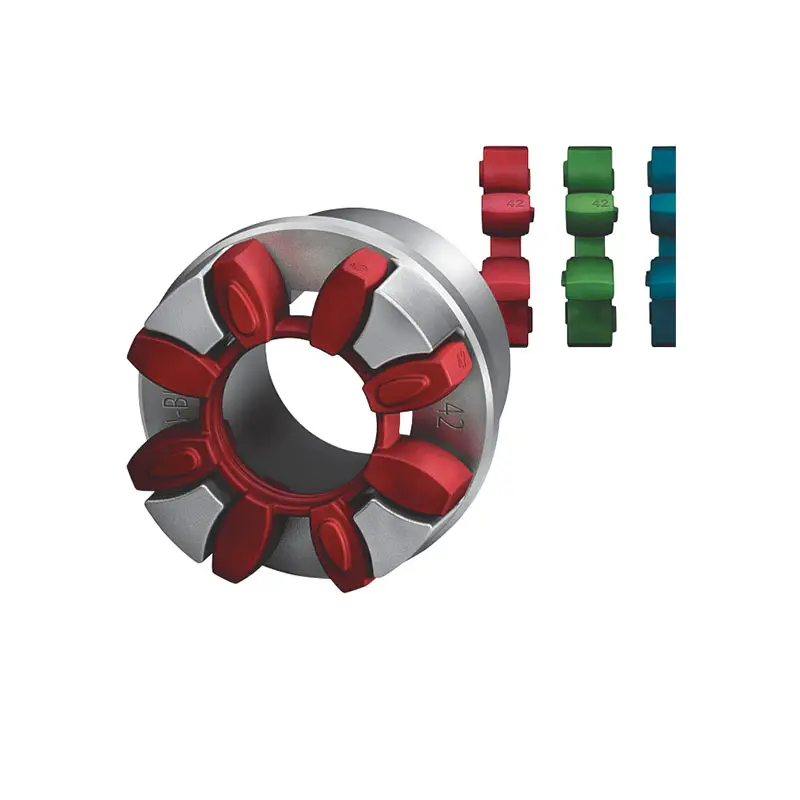 FLENDER Coupling Spare Parts high performance
FLENDER Coupling Spare Parts high performance 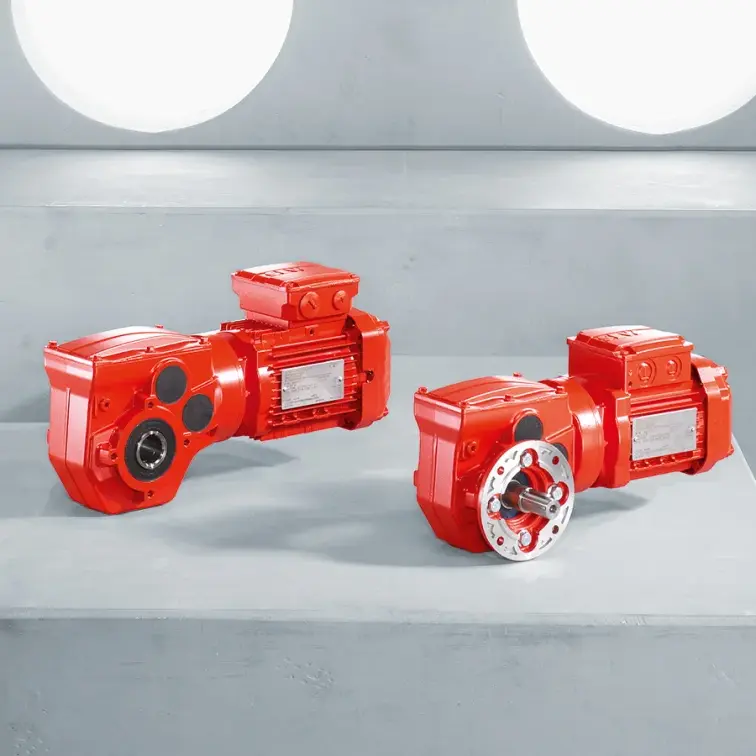 SEW Gearmotor
SEW Gearmotor
Our Company
News
Case
Contact Us
 R Series Helical Gearmotor low voltage
R Series Helical Gearmotor low voltage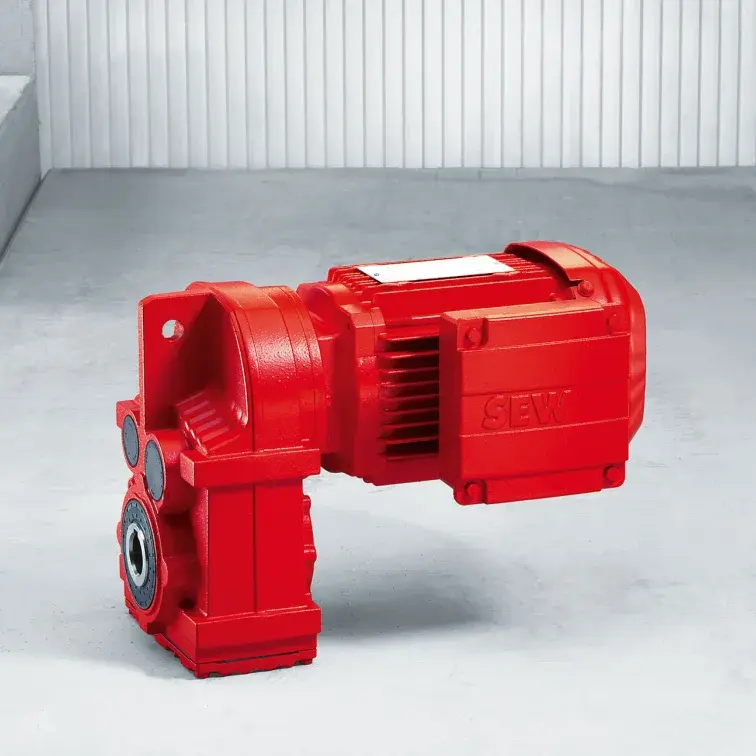 F Series Parallel Shaft Gearmotor low voltage
F Series Parallel Shaft Gearmotor low voltage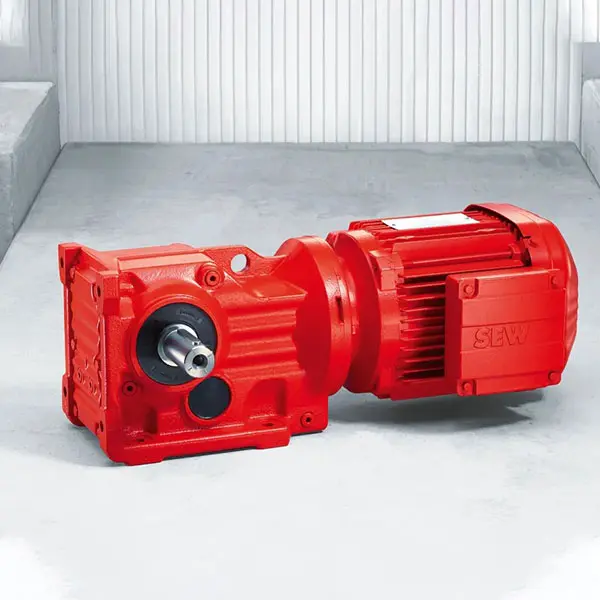 K Series Helical Bevel Gearmotor low voltage
K Series Helical Bevel Gearmotor low voltage S Series Helical Worm Gearmotor low voltage
S Series Helical Worm Gearmotor low voltage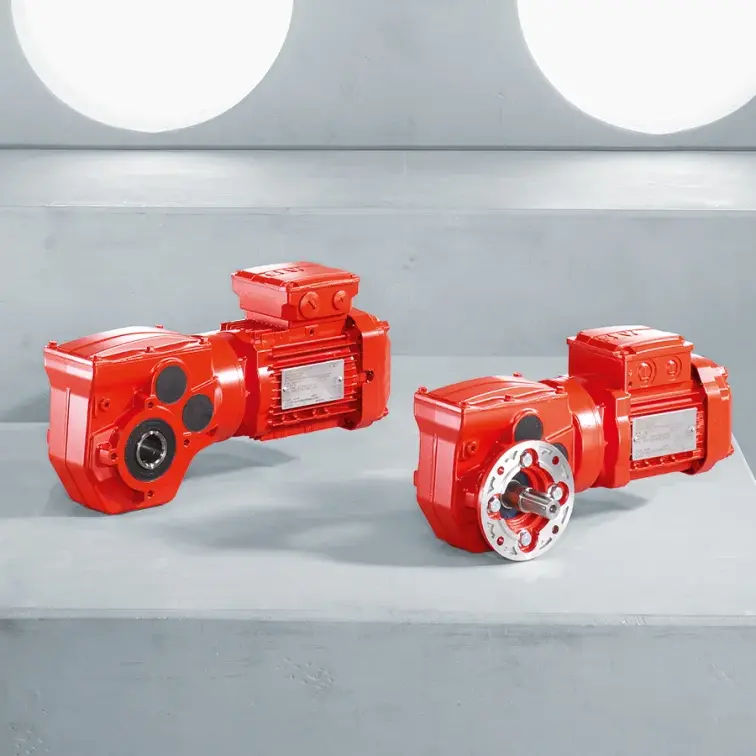 W Series SPIROPLAN® Right Angle Gearmotor
W Series SPIROPLAN® Right Angle Gearmotor







